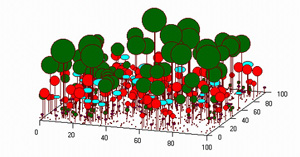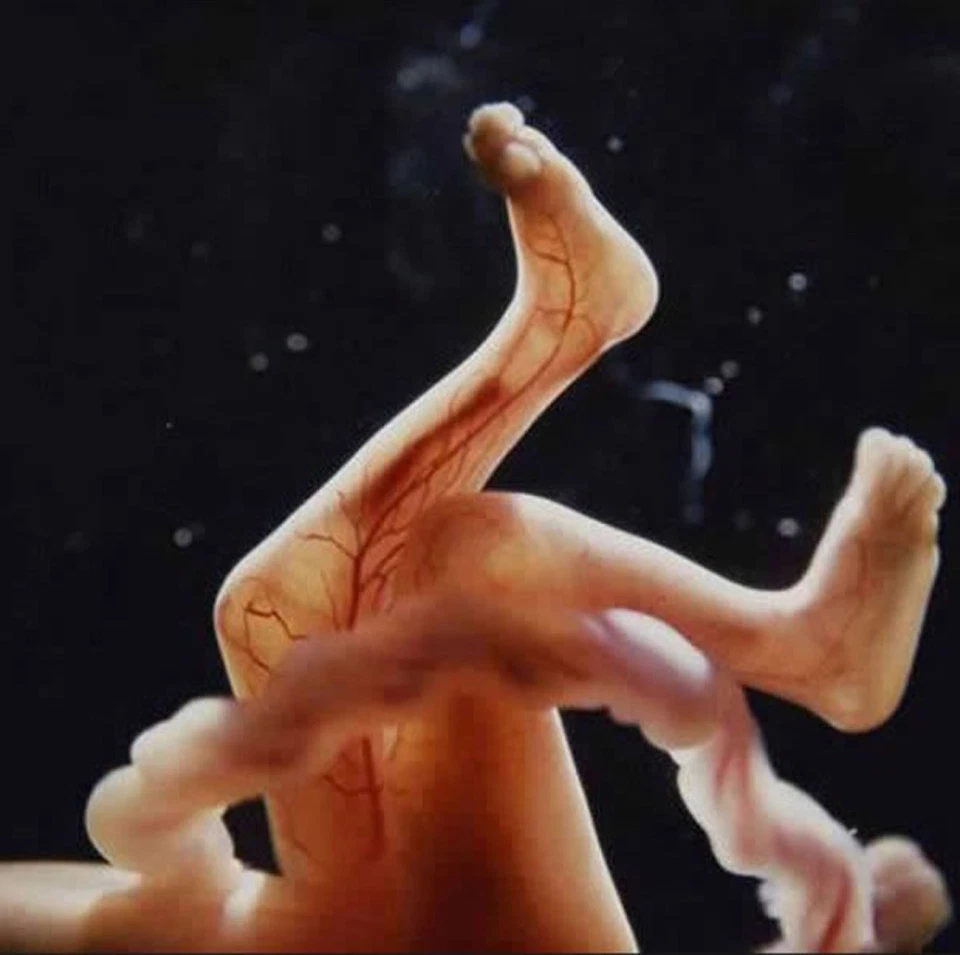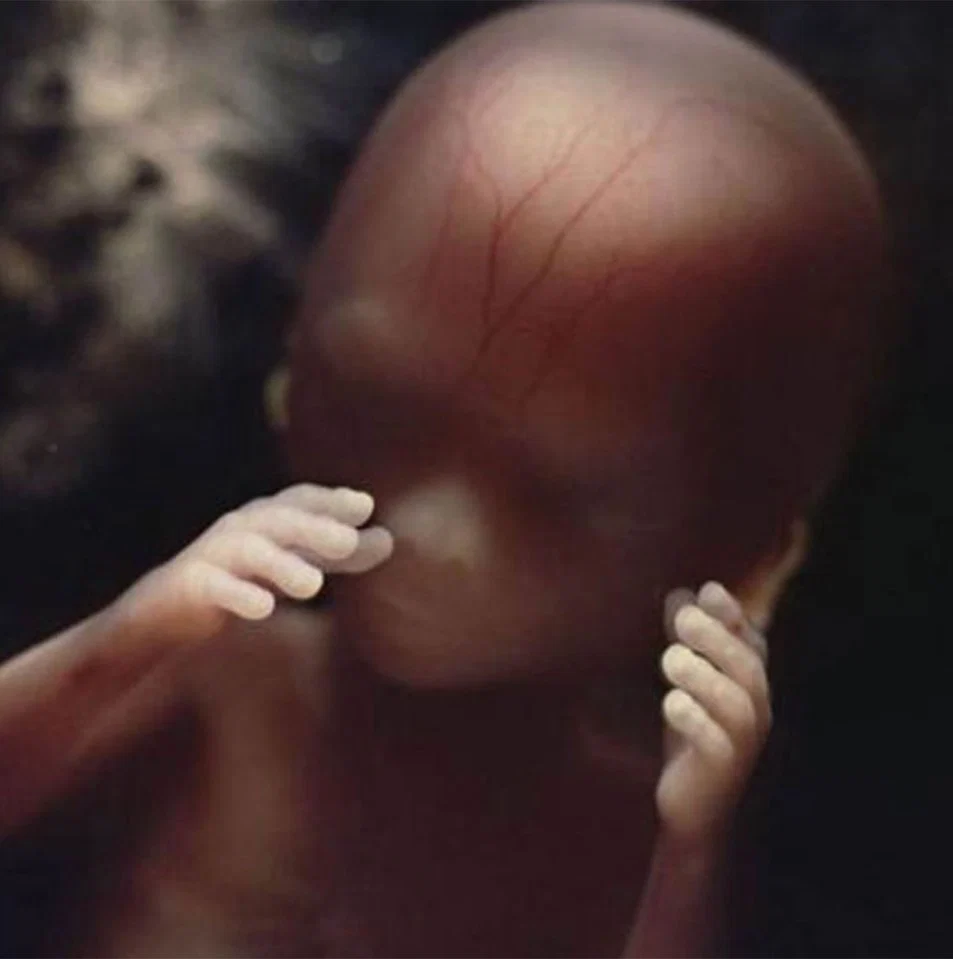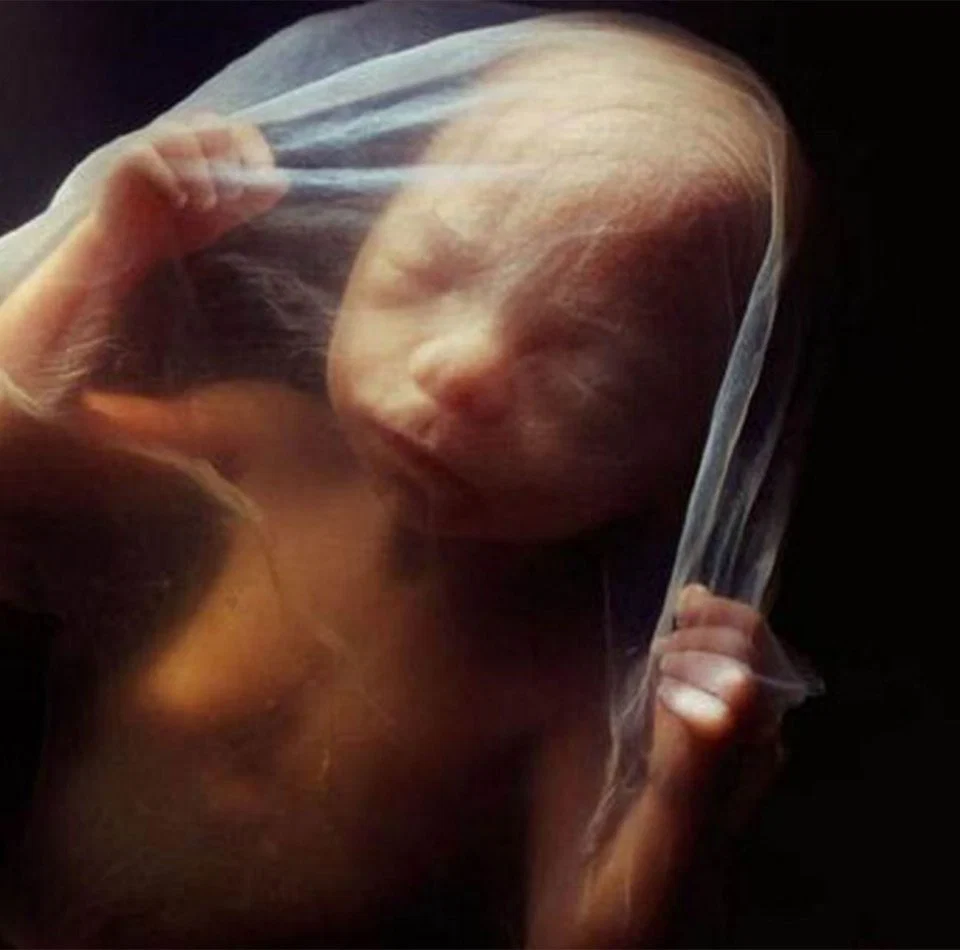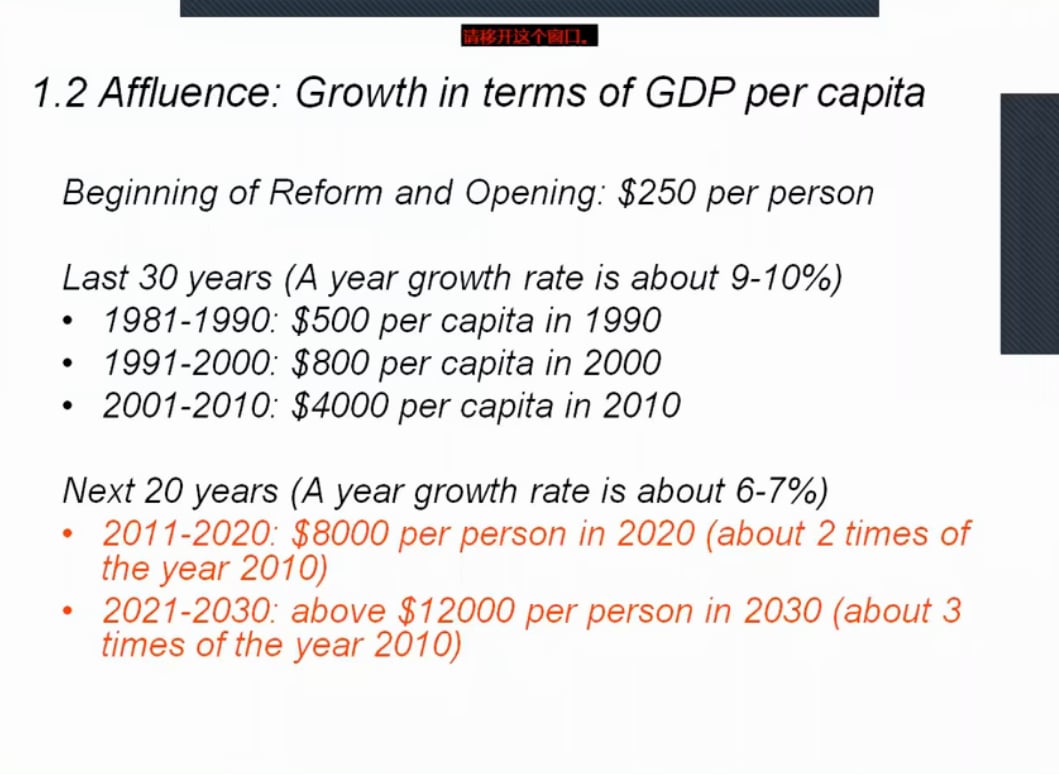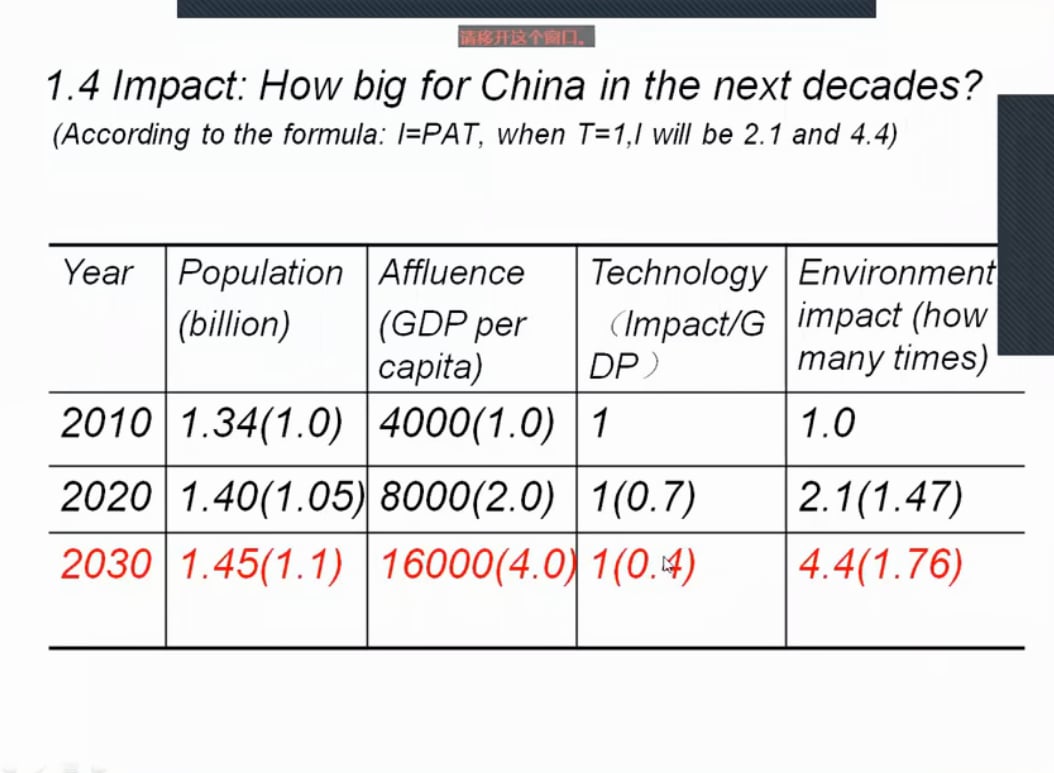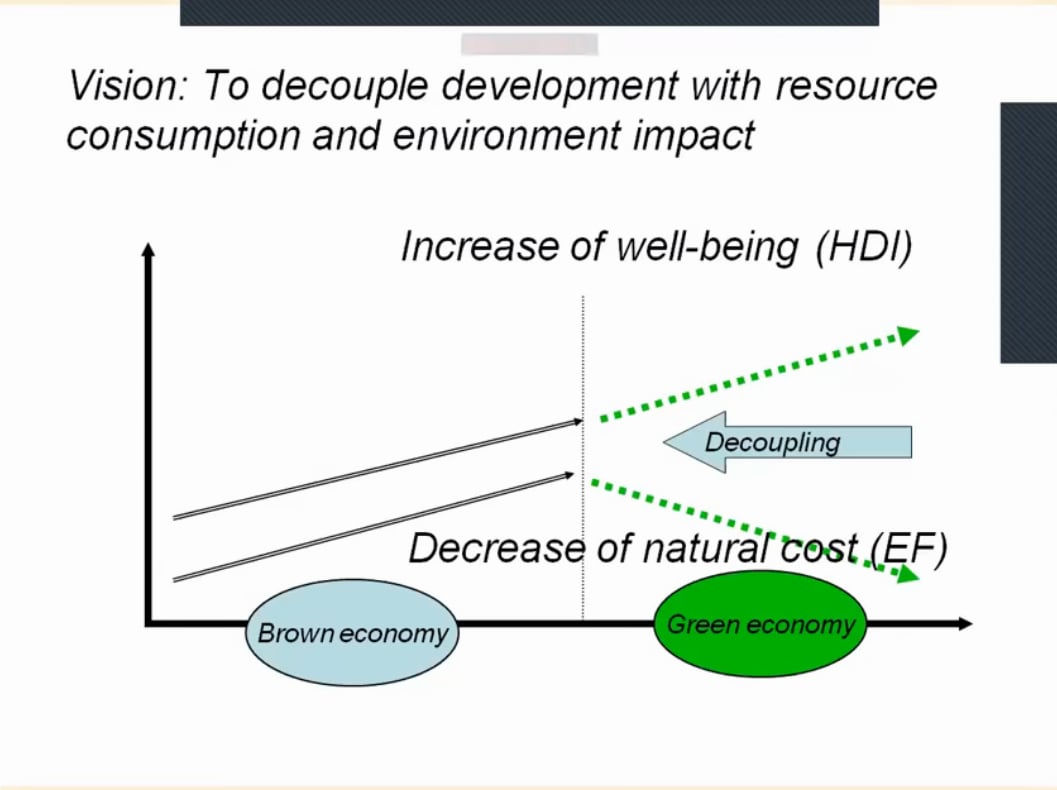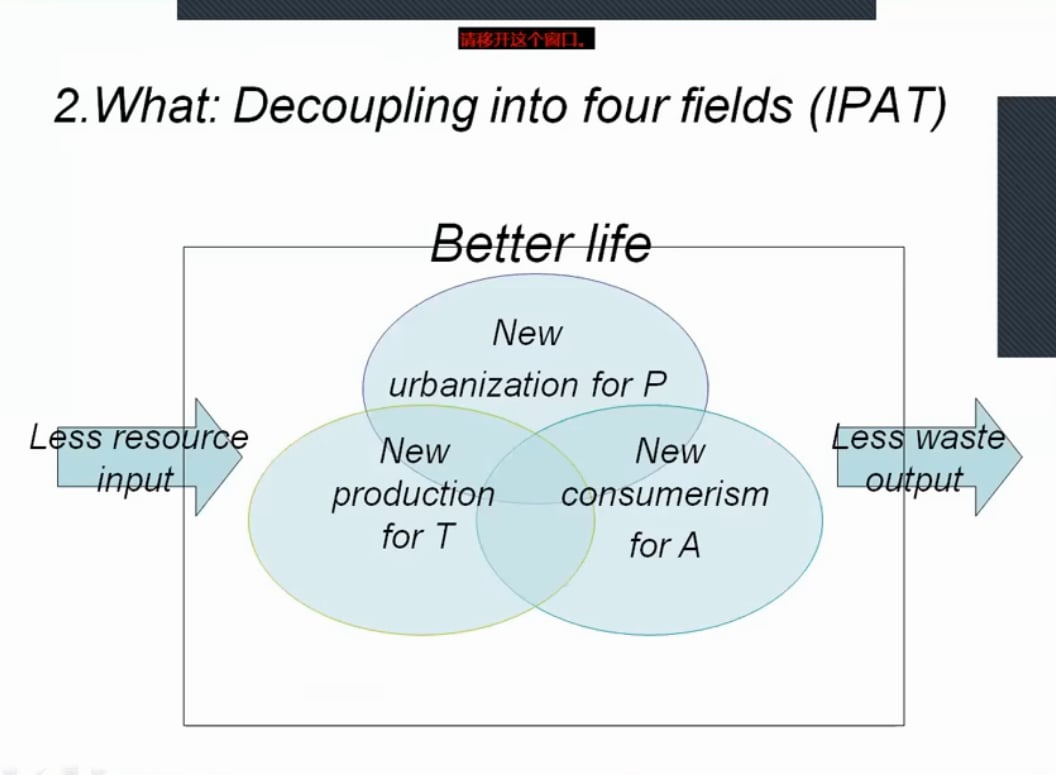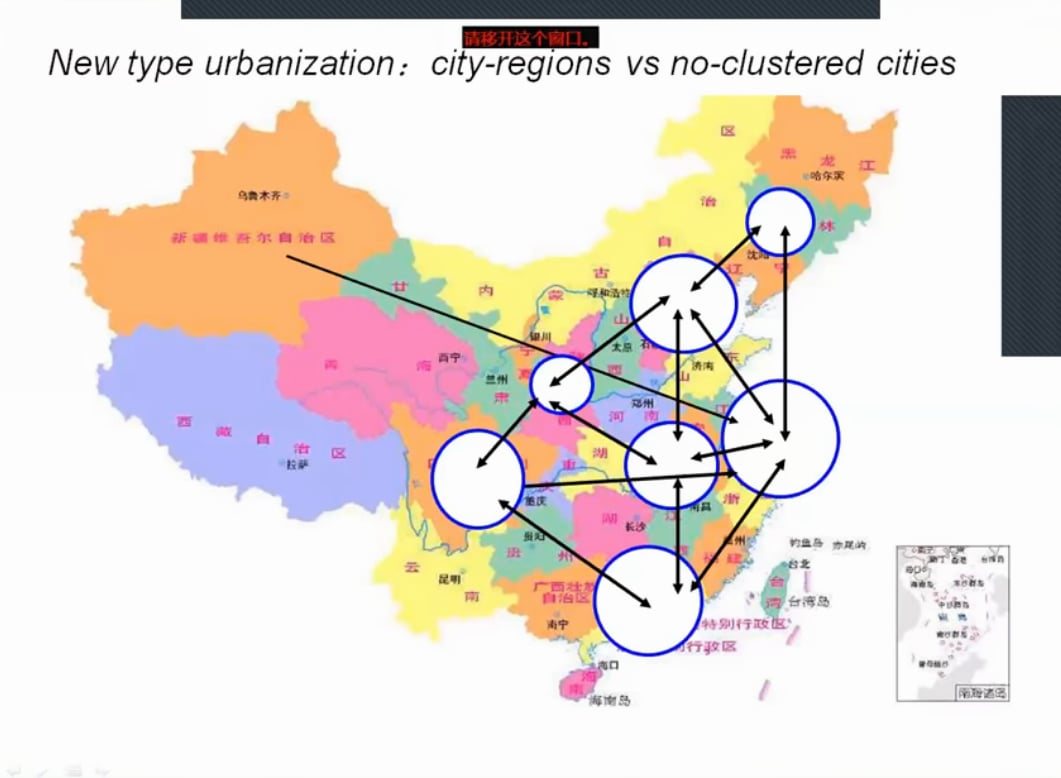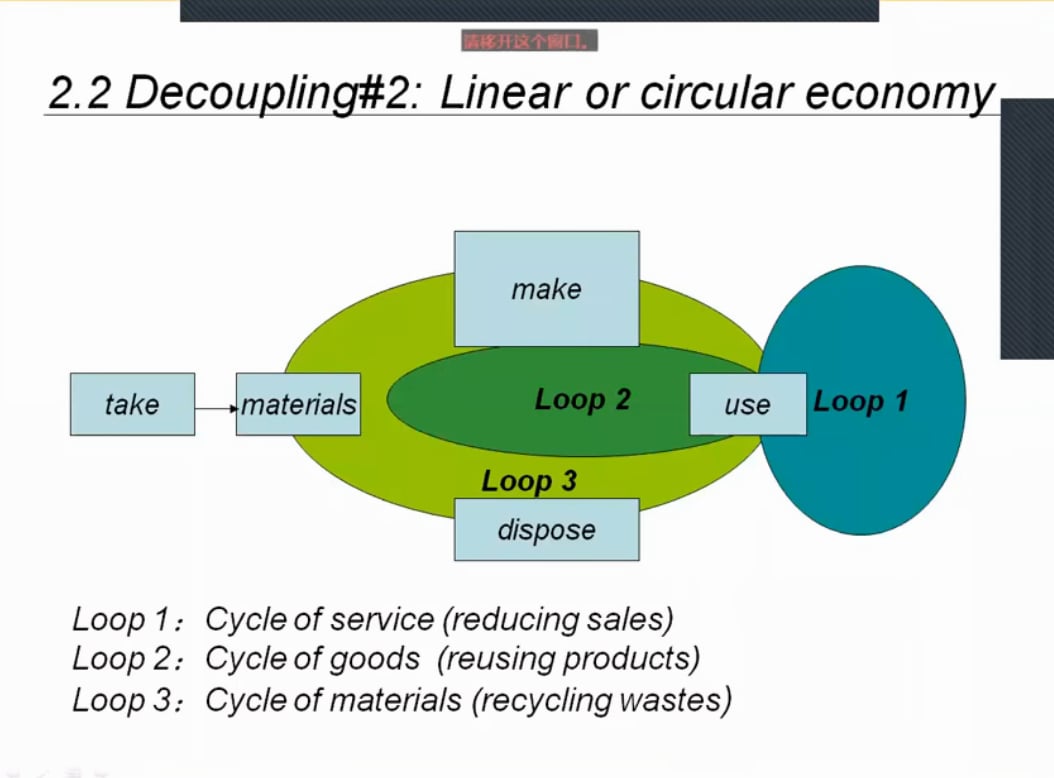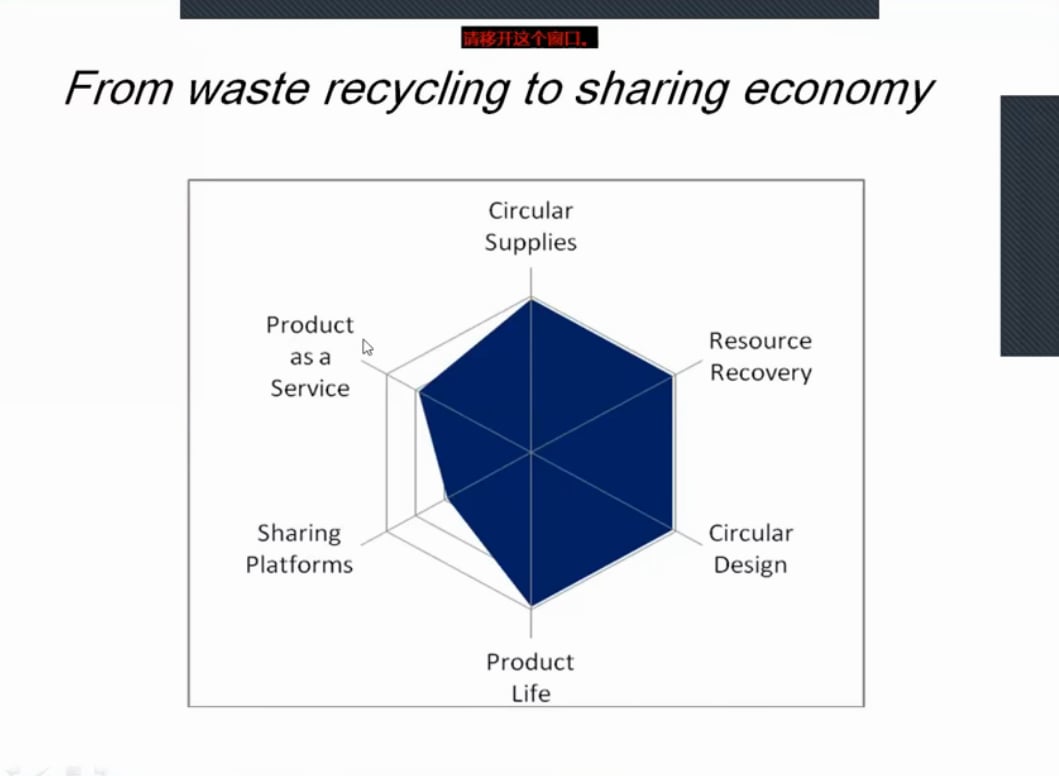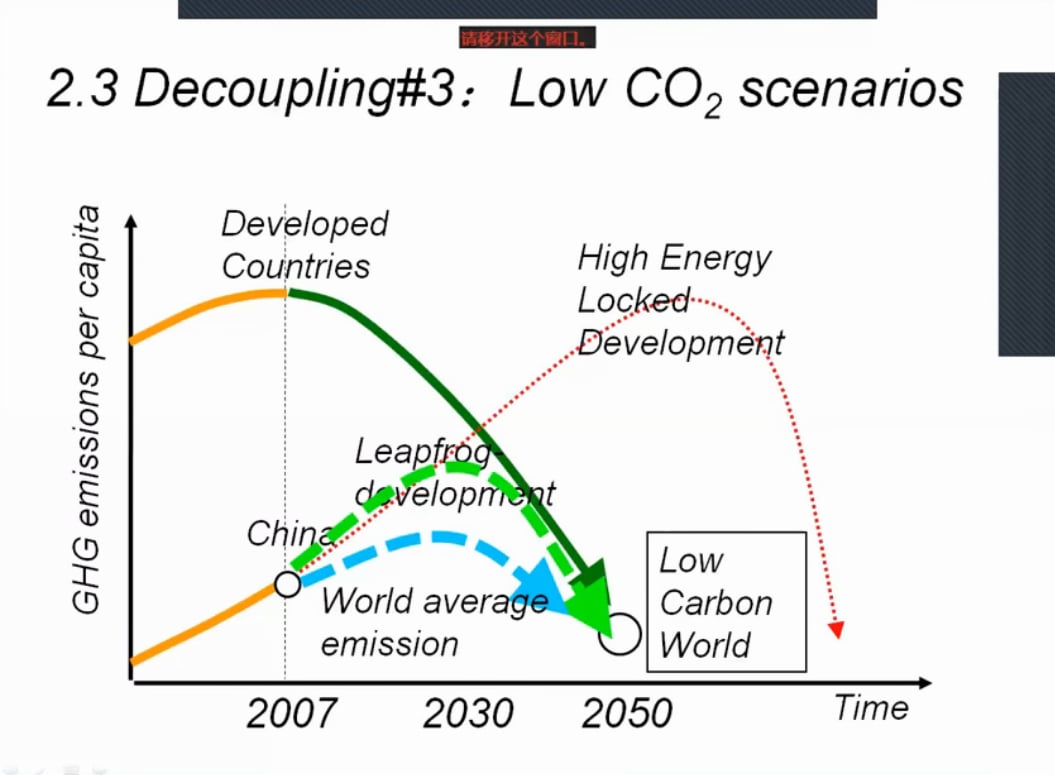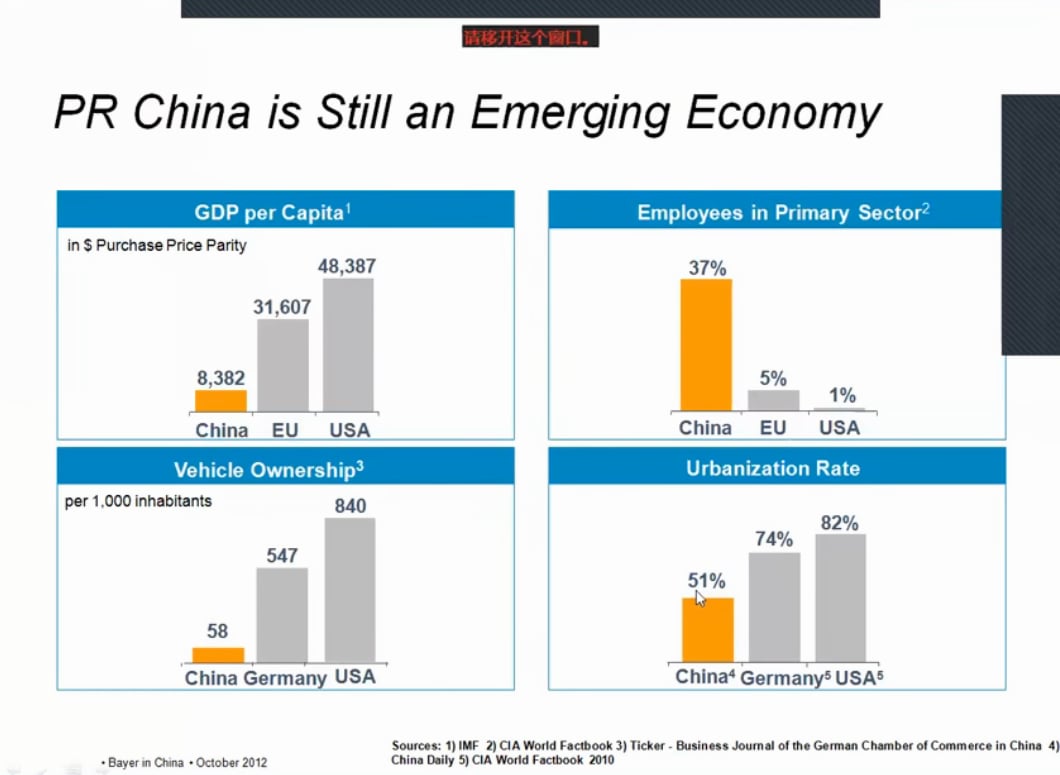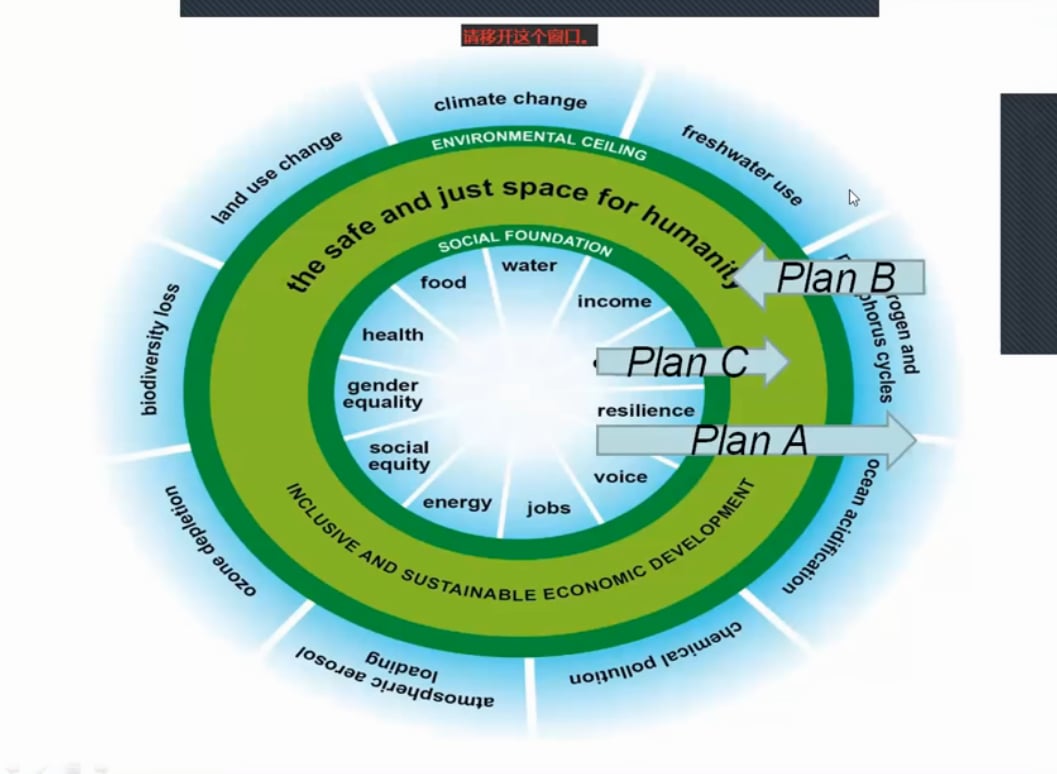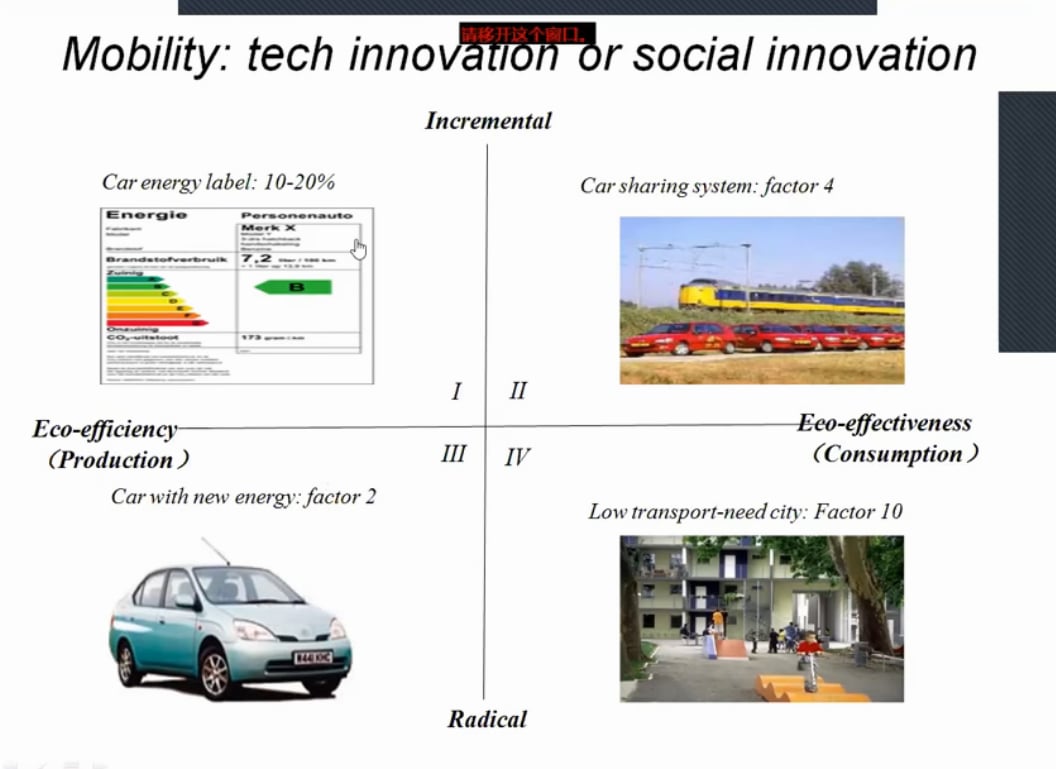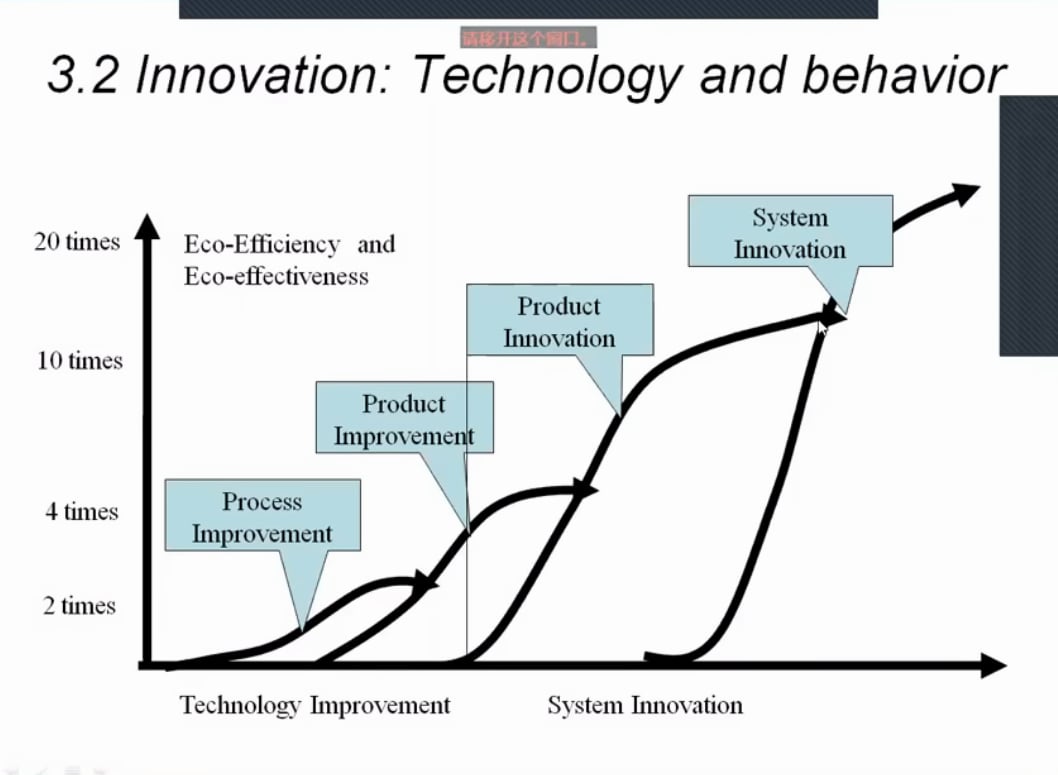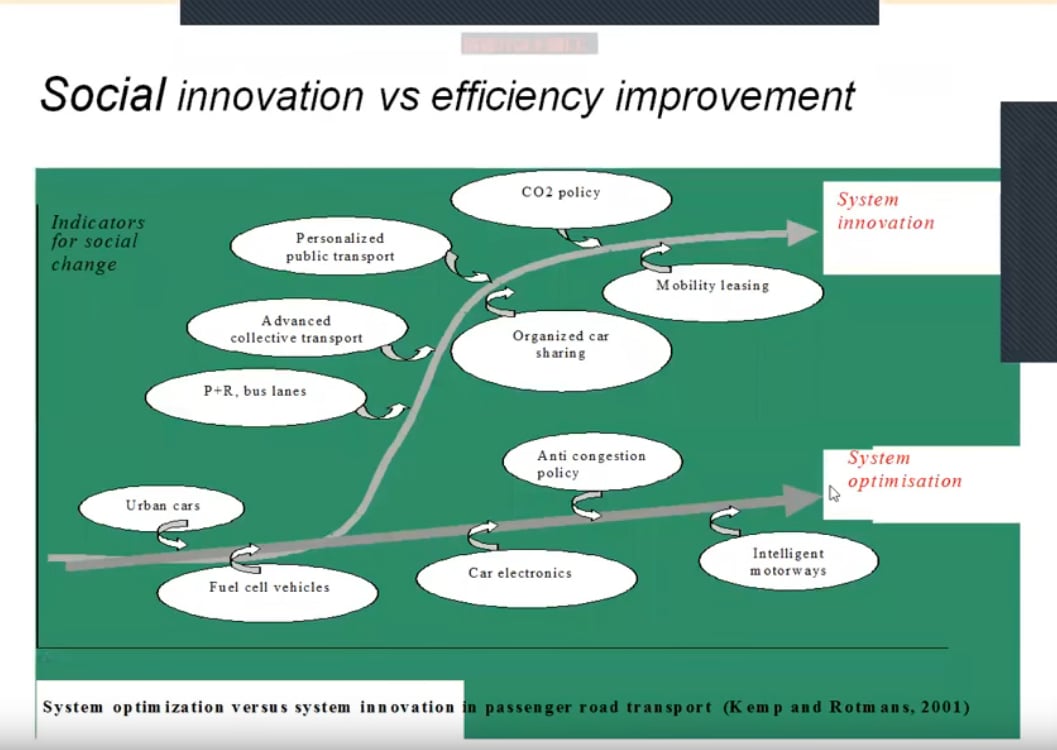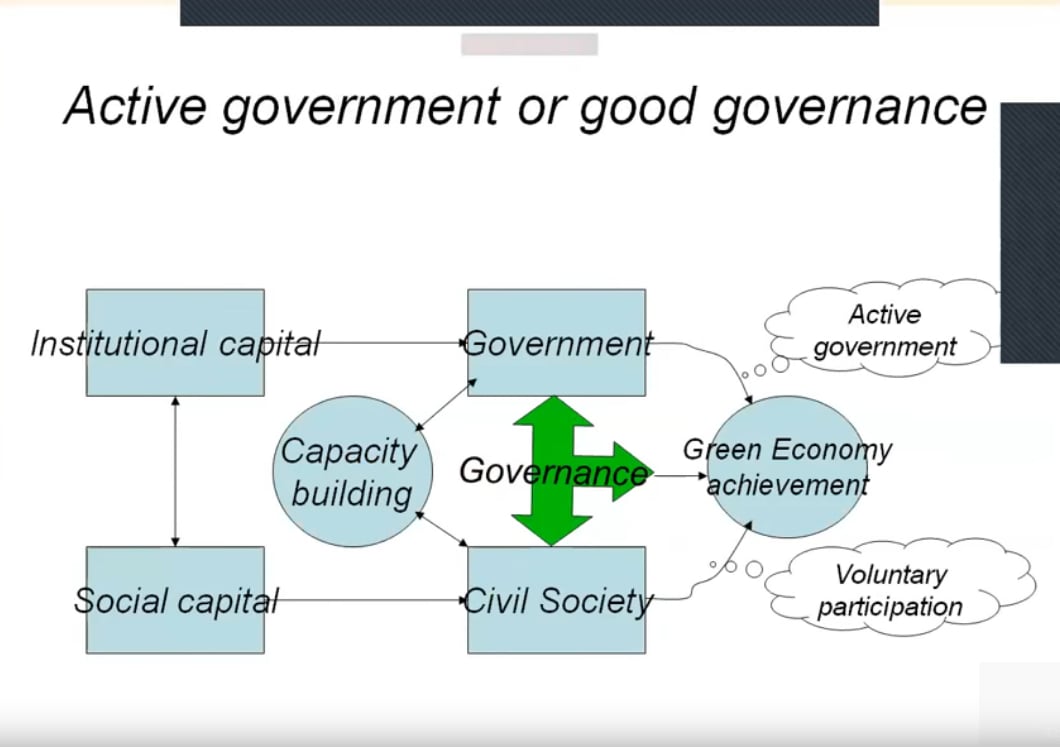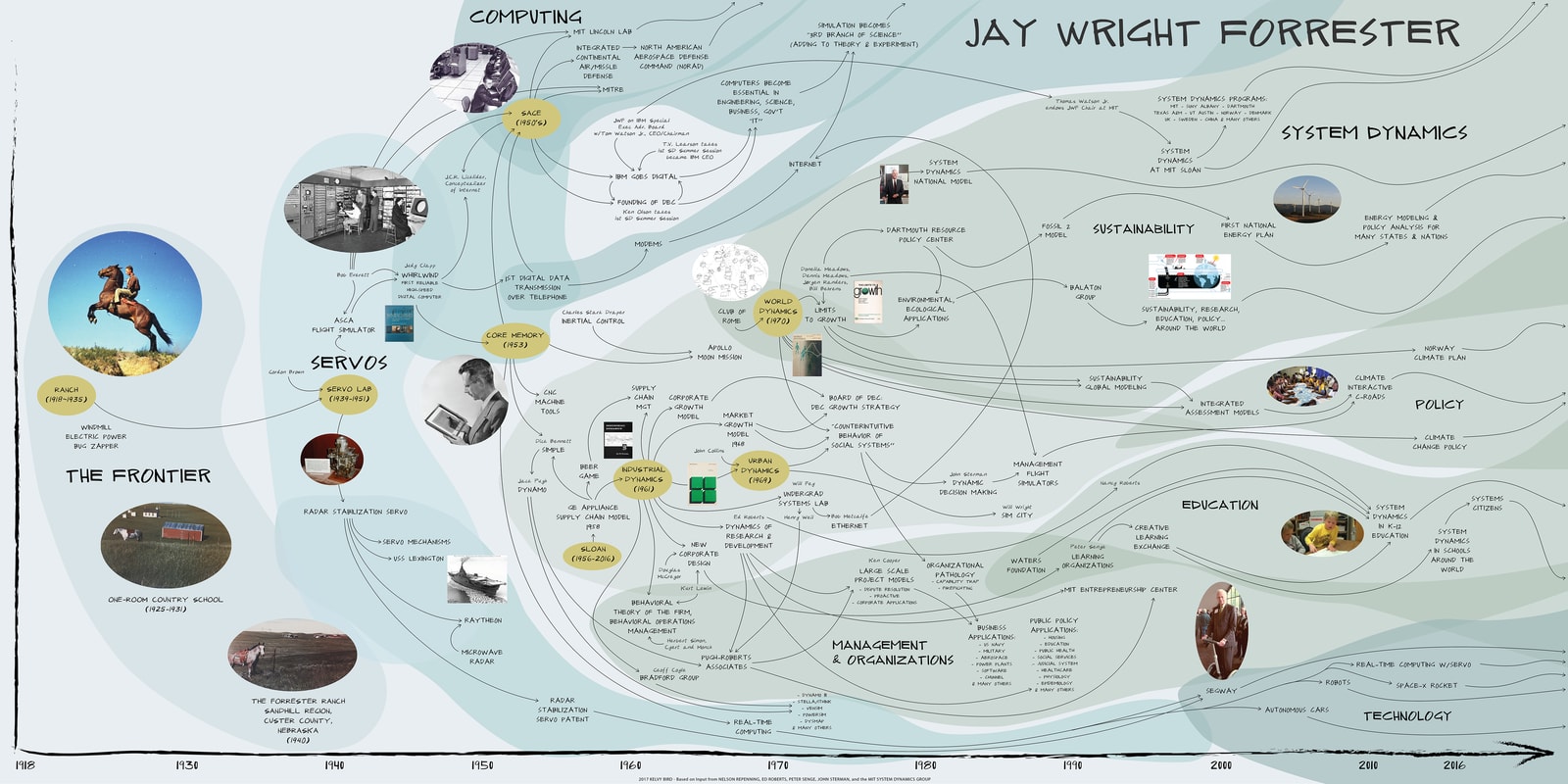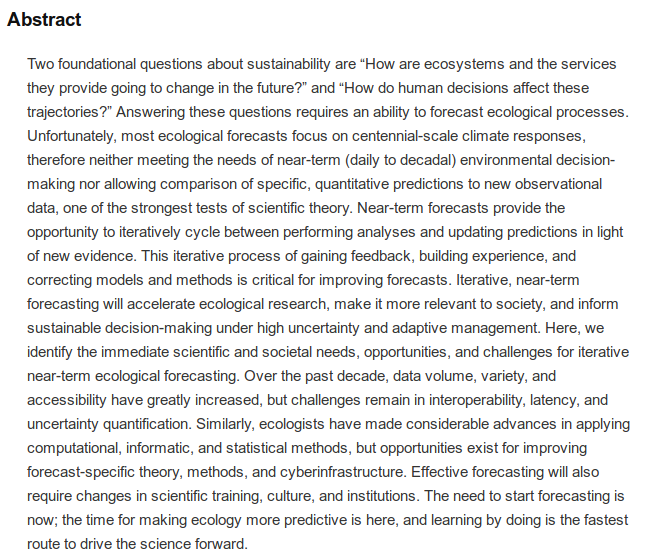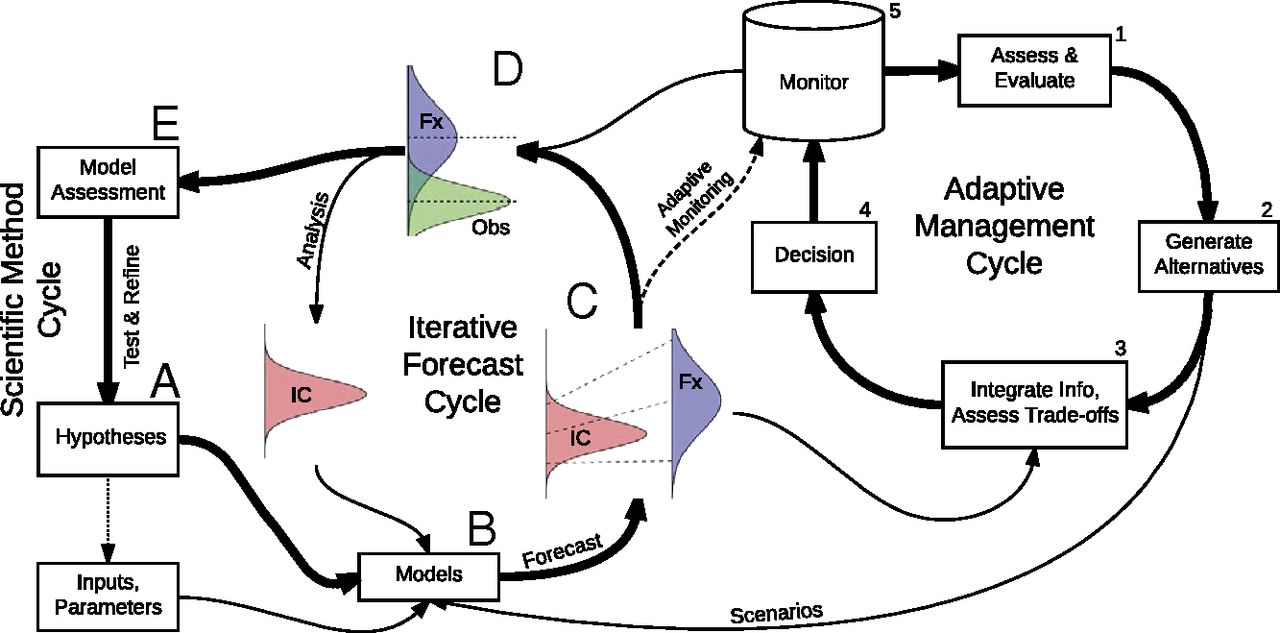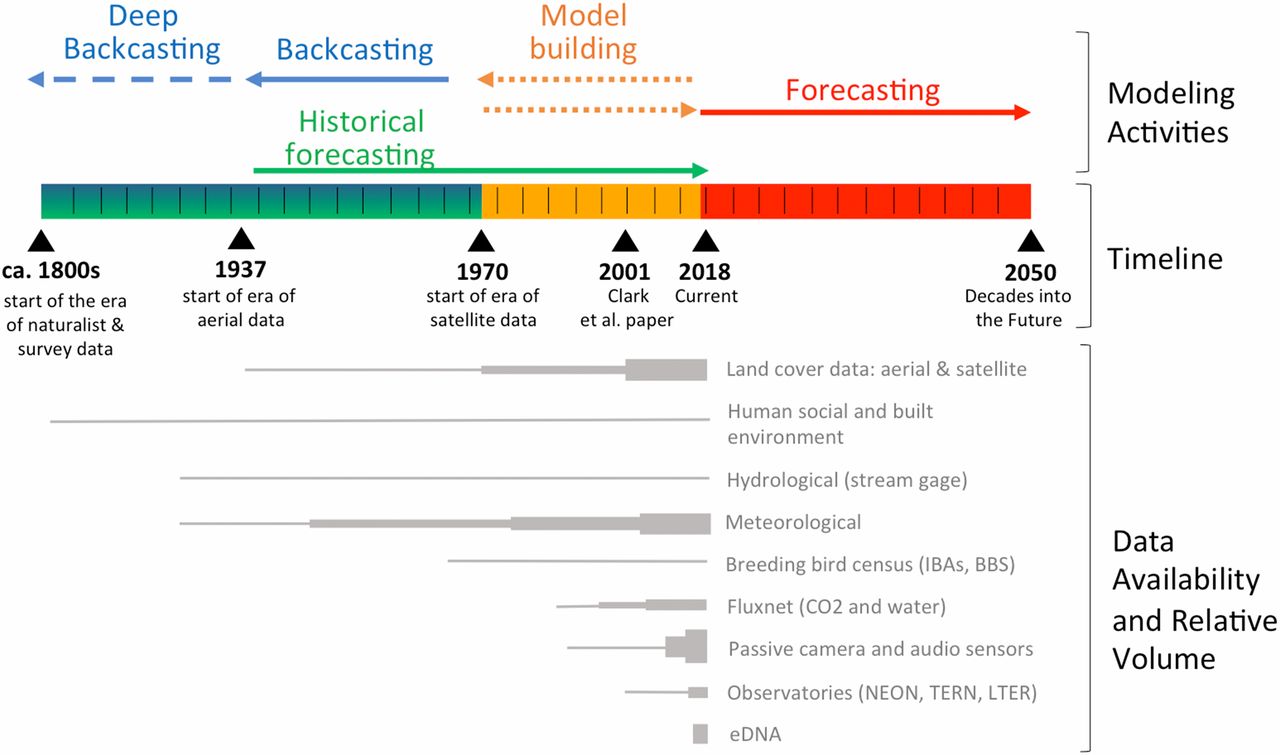tag > Regenerative
-
About the Future of Engineering - by Hans Konstapel (2020)
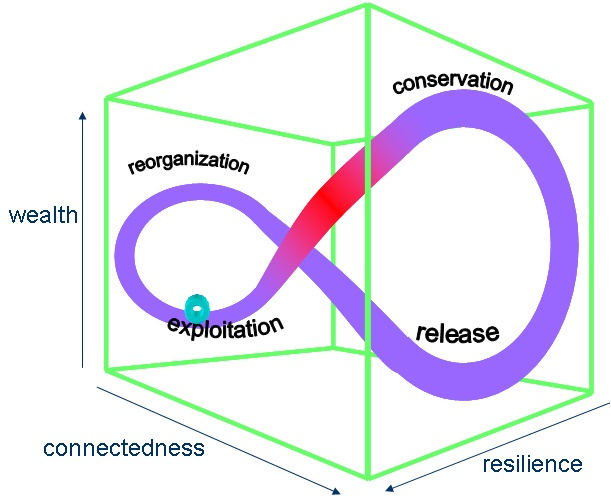
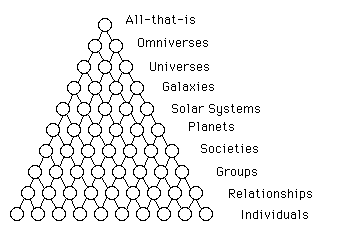
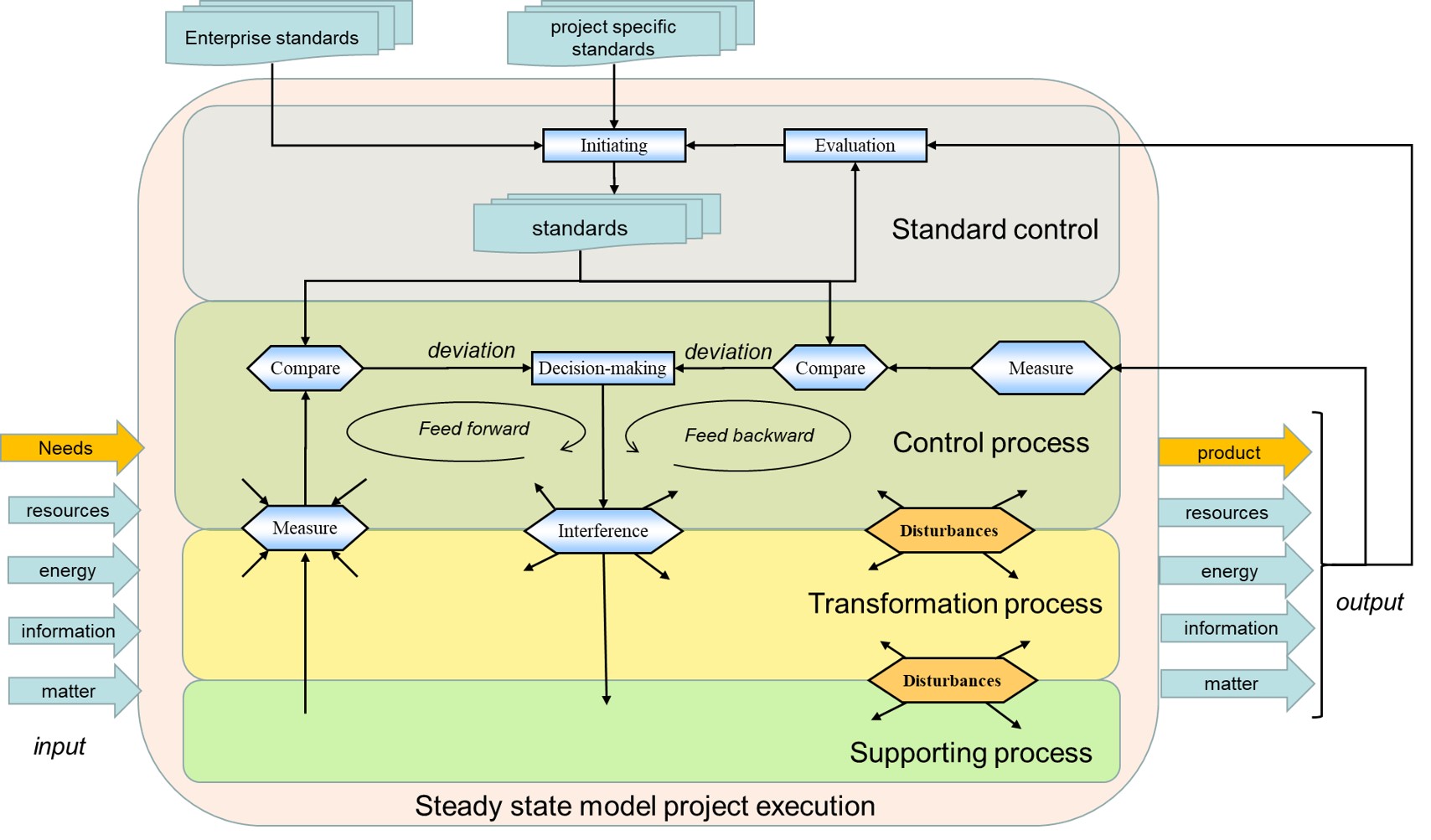
About Entrainment - by Hans Konstapel (2010)

#Complexity #Systems #Science #Generative #Regenerative #Philosophy
-
Podcast: Introduction to Systems Processes with Len Troncale (2011) (Download / Alt)
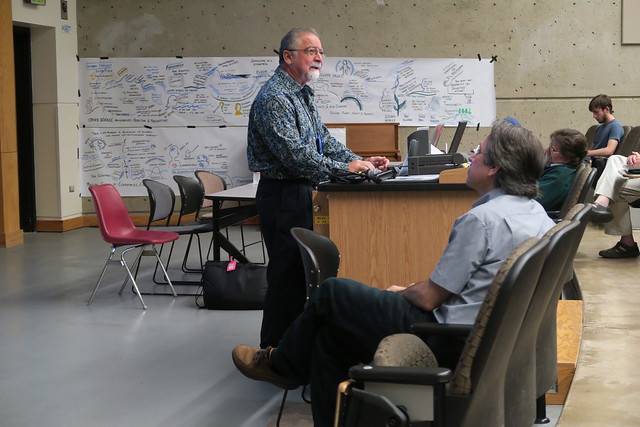
This is an interview concerning the Systems Science approach of Len Toncale, an American biologist, Professor of Cellular and Molecular Biology, and former Director of the Institute for Advanced Systems Studies at the California State Polytechnic University. The interviewer believes that this is the closest thing to a Systems Knowledge base that could be the basis of a Systems Engineering curriculum.
Related: Troncale's site features & links to many open-access papers, such as "Systems Processes and Pathologies: Creating An Integrated Framework for Systems Science" (2013)
Related: Setting Off To Nowhere - Search For A Deeper Theory Of Everything - by K.D. Palmer, dedicated to Len Troncale and inspired by this podcast.
-
"In ecological ABM (often referred to as "individual-based models" in ecology), agents may, for example, be trees in forest, and would not be considered intelligent, although they may be "purposeful" in the sense of optimizing access to a resource (such as water). The modeling process is best described as inductive. The modeler makes those assumptions thought most relevant to the situation at hand and then watches phenomena emerge from the agents' interactions. Sometimes that result is an equilibrium. Sometimes it is an emergent pattern. Sometimes, however, it is an unintelligible mangle."
Related Research:
- Ten years of individual-based modelling in ecology: what have we learned and what could we learn in the future? - by Volker Grimm(1999)
- Agent-Based Models in Ecology: Patterns and Alternative Theories of Adaptive Behaviour - by Volker Grimm and Steven F. Railsback (2006)
- The role of agent-based models in wildlife ecology and management - by Adam J.McLane et.al. (2011)
-
Energy and material flows of megacities - by Christopher A. Kennedy, Iain Stewart, et.al
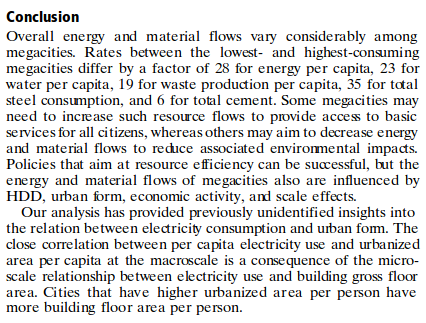


-
The Circular Economy: Breakthrough or Distraction? - By Stefan Pauliuk (2017)
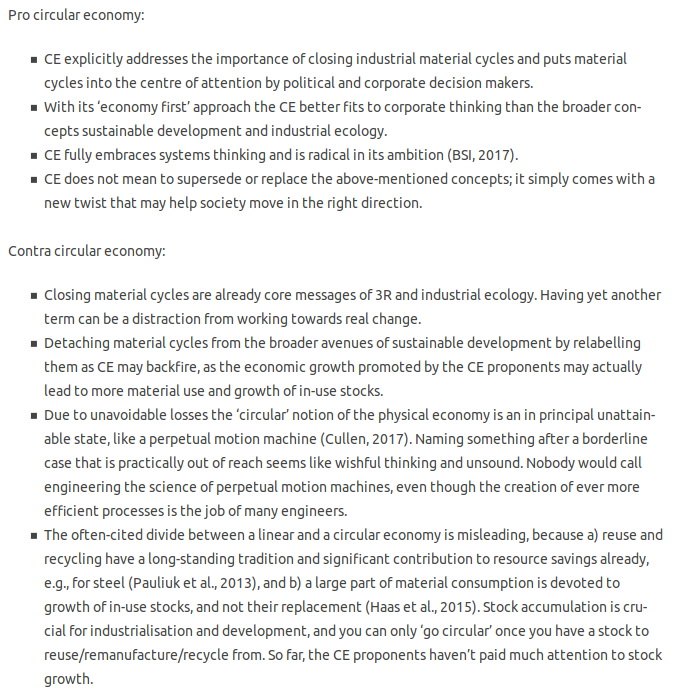
-
Jay Wright Forrester (1918 – 2016)
Jay Wright Forrester was a American computer engineer and systems scientist. He was a professor at MIT. Forrester is known as the founder of system dynamics, which deals with the simulation of interactions between objects in dynamic systems and is most often applied to research and consulting in organizations and other social systems.

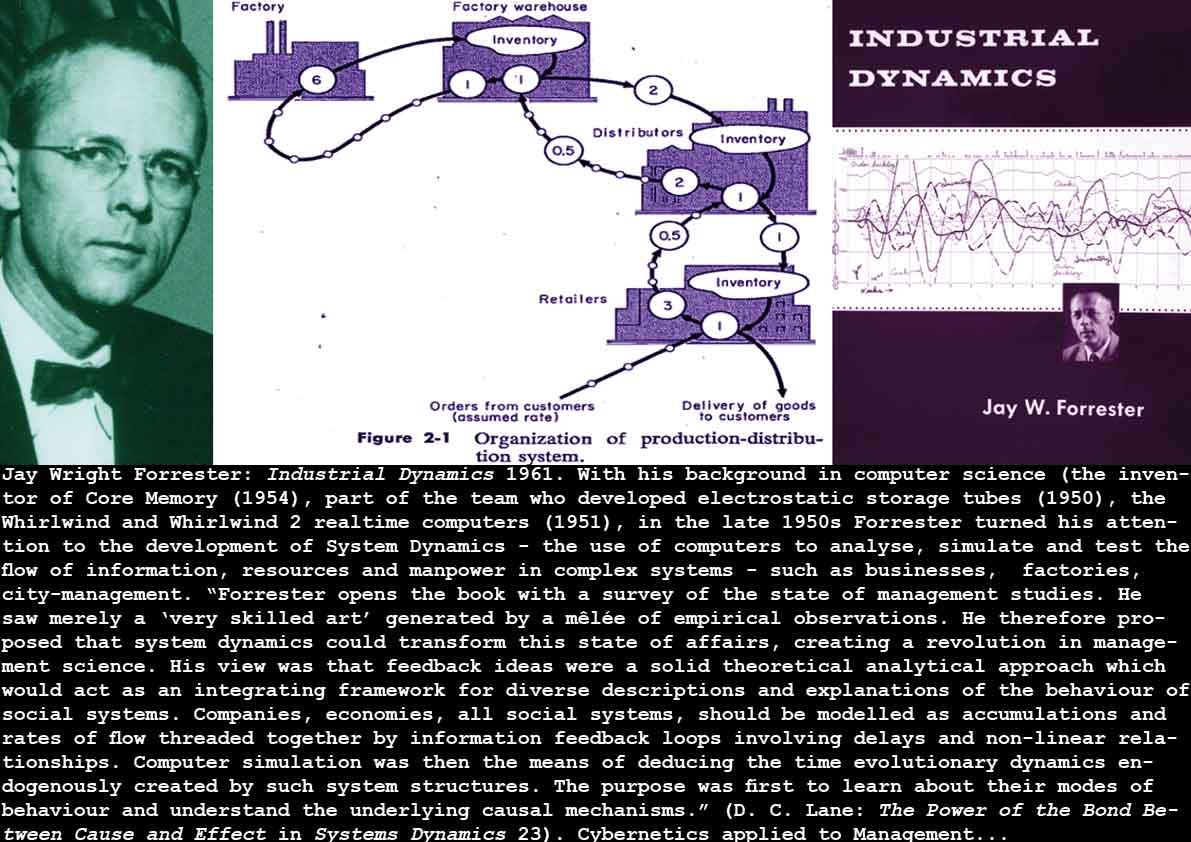
Image from: https://mediainspiratorium.com/1960-1970/ The Many Careers of Jay Forrester (MIT Tech Review)
"Computing pioneer Jay Forrester, SM ’45, developed magnetic-core memory. Then he founded the field of system dynamics. Those are just two of his varied pursuits."
Jay Forrester’s System Dynamics and World Model
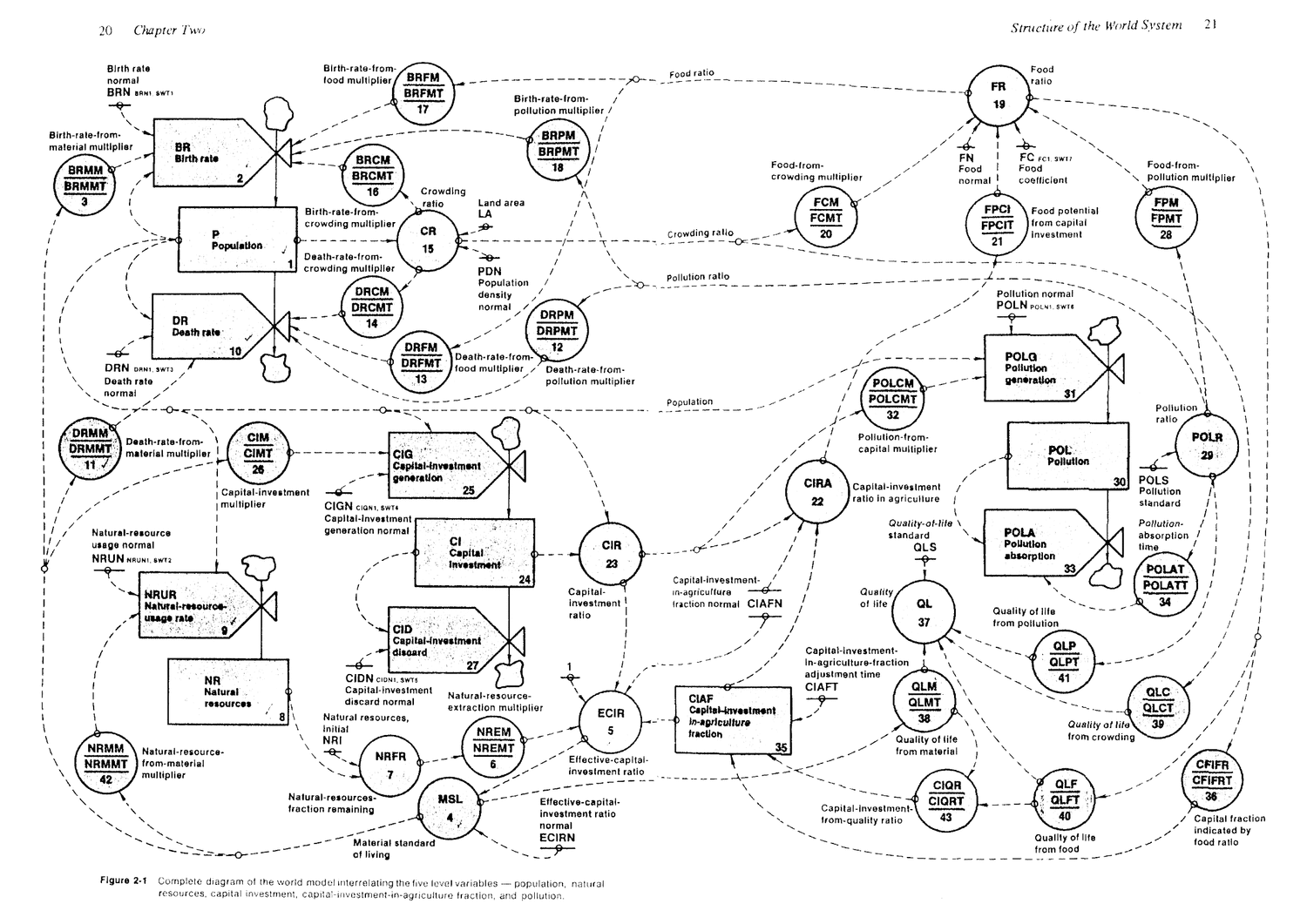
Forrester's model of the world's dynamics. This map models the dynamics between population and economic growth (from 1971 to 2021) by relating population, natural resources, pollution, capital investment, food and quality of life (Jay W. Forrester, 1973, p. 144). 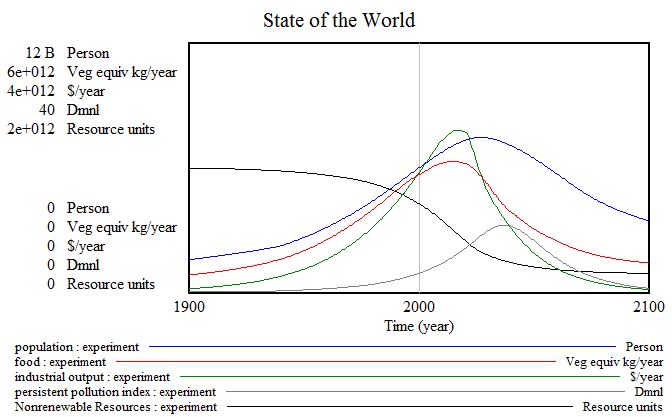
"The second major noncorporate application of system dynamics came shortly after the first. In 1970, Jay Forrester was invited by the Club of Rome to a meeting in Bern, Switzerland. The Club of Rome is an organization devoted to solving what its members describe as the "predicament of mankind"—that is, the global crisis that may appear sometime in the future, due to the demands being placed on the Earth's carrying capacity by the world's exponentially growing population. At the Bern meeting, Forrester was asked if system dynamics could be used to address the predicament of mankind. His answer, of course, was that it could. On the plane back from the Bern meeting, Forrester created the first draft of a system dynamics model of the world's socioeconomic system. He called this model WORLD1. Upon his return to the US, Forrester refined WORLD1 in preparation for a visit to MIT by members of the Club of Rome. Forrester called the refined version of the model WORLD2. Forrester published WORLD2 in a book titled World Dynamics."
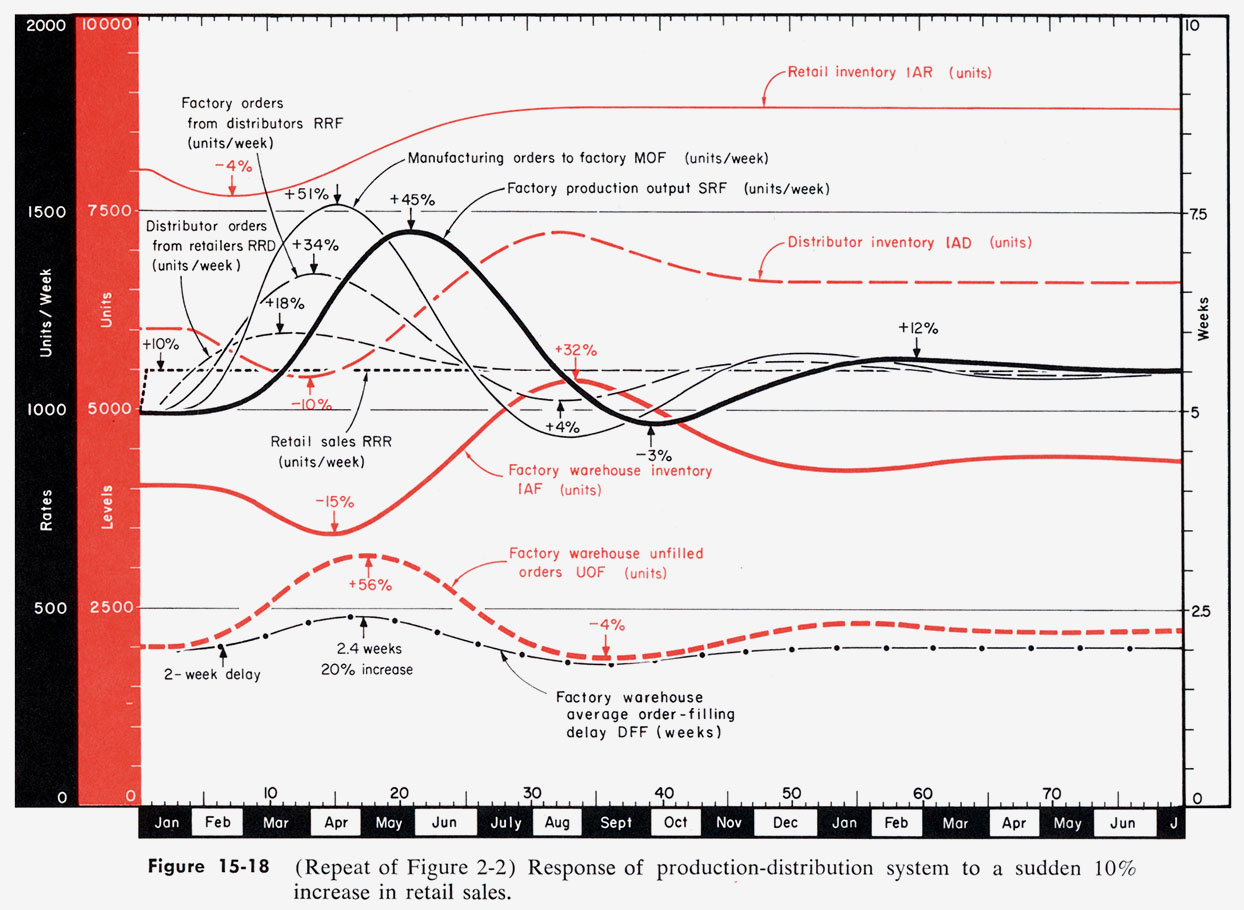
From Jay W. Forrester, Industrial Dynamics (Cambridge, MA: MIT Press, 1985 / 1st edition 1961), 174. The Prophet of Unintended Consequences - by Lawrence M. Fisher.
"Jay Forrester’s computer models show the nonlinear roots of calamity and reveal the leverage that can help us avoid it."
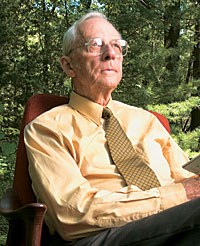
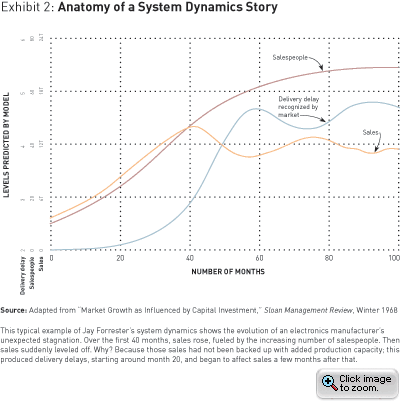
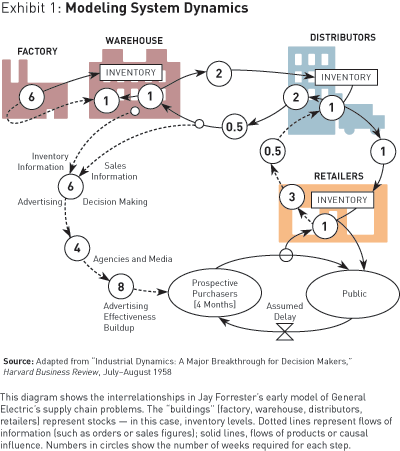
Model Metropolis - by Kevin T. Baker "Behind one of the most iconic computer games of all time is a theory of how cities die—one that has proven dangerously influential."
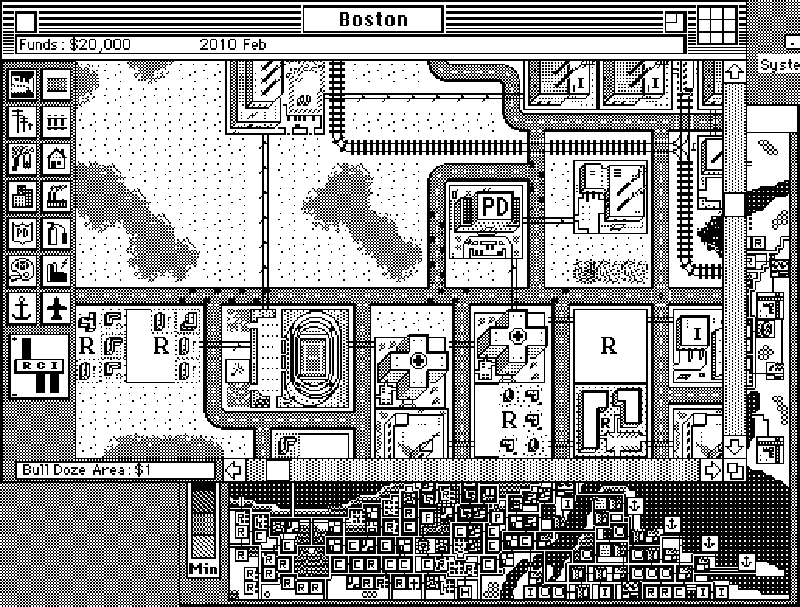
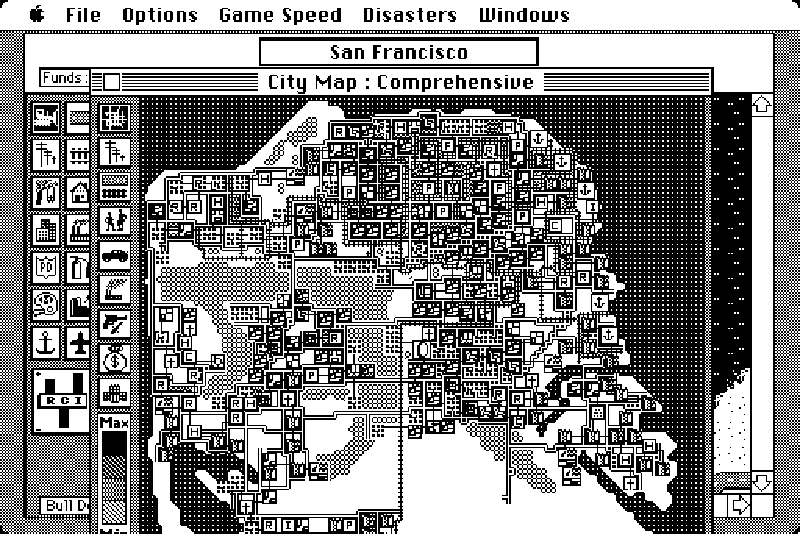
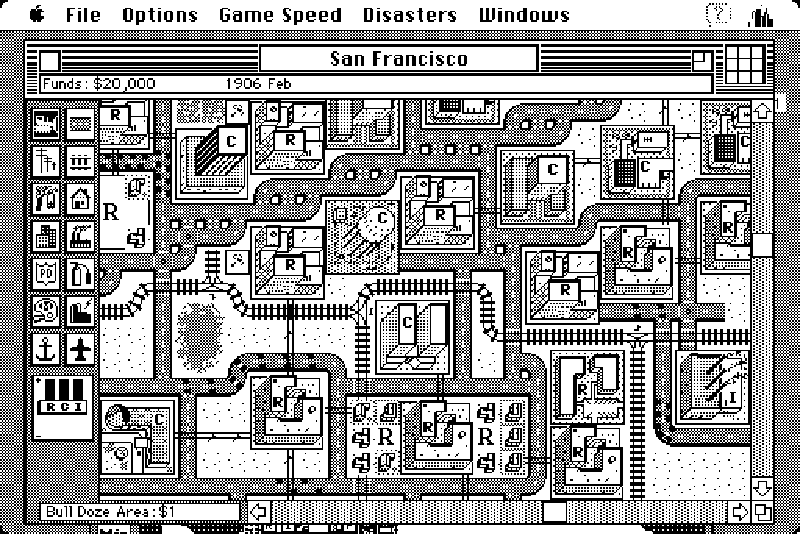
"Will Wright‘s SimCity was originally a map developing feature within the game Raid on Bungeling Bay. Born of Wright’s love for the intricacies of urban planning and of his interest in Jay Wright Forrester‘s System Dynamics, the city-building simulator was later developed as a spin-off program because Wright was more interested in building the city’s maps than playing the actual game. (via)"
Video: A Model Simulator: Lives of Jay W Forrester
Video: Jay Forrester (Part 1)
Applications of System Dynamics - Jay W. Forrester
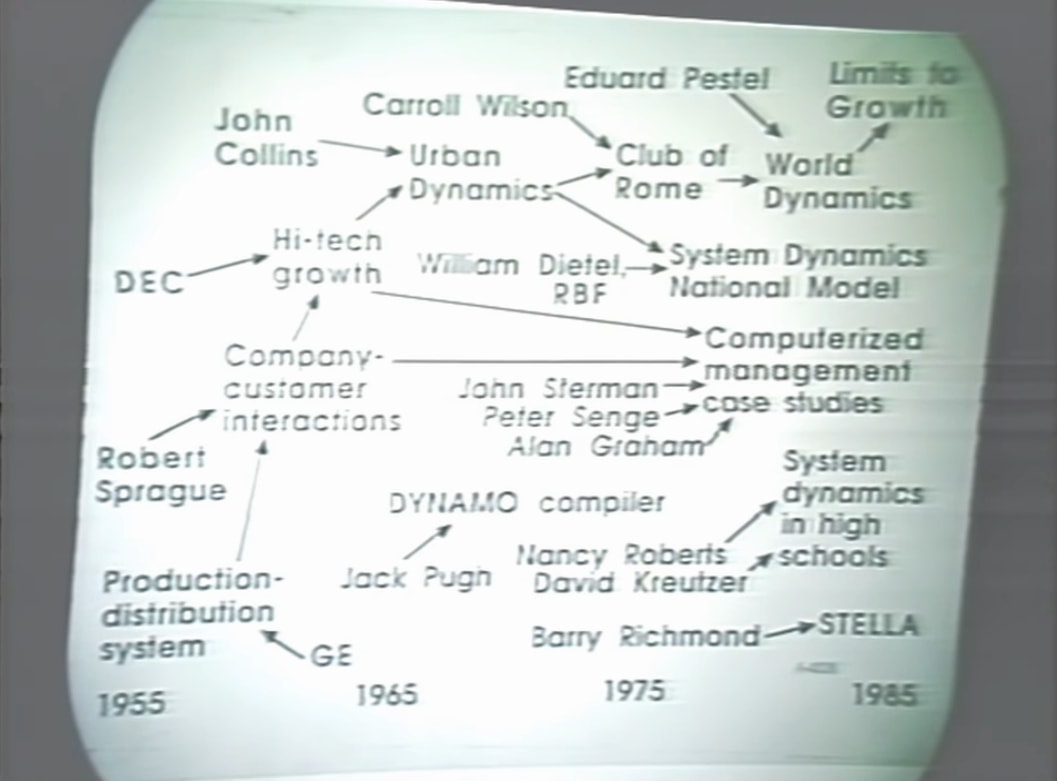
Forrester on Courage
"Life must be very practical, it is not theoretical, it is not conceptual with out purpose. What works gets results." - Jay Forrester
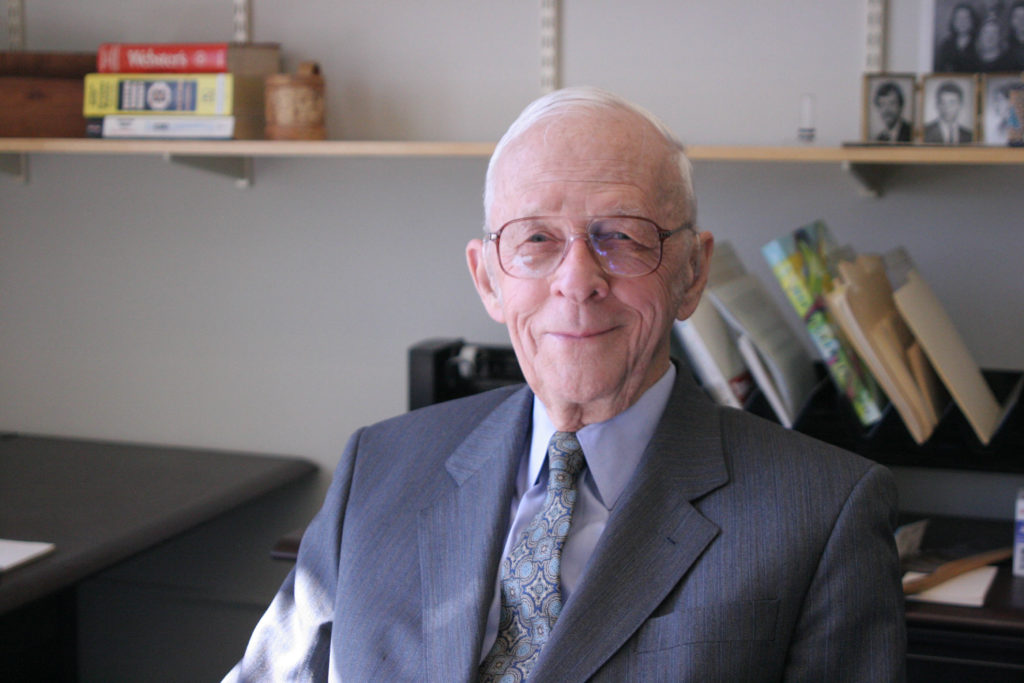
#Complexity #Systems #Business #Military #ClimateChange #Regenerative #ML #KM #SE
-
The Industrial Ecology Dashboard
"A list of repositories that are relevant for industrial ecology researchers."
Contents: Input-Output Analysis, Life Cycle Assessment, Material Flow Analysis, Industrial Symbiosis / Eco-Industrial Park, Collaboration initiatives and data sharing
-
‘Frankenstein’ material can self-heal, reproduce (sciencemag) - report about the paper "Biomineralization and Successive Regeneration of Engineered Living Building Materials"
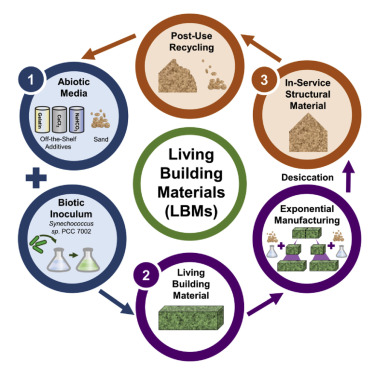
Highlights
- Living building materials (LBMs) were grown and regrown using physical switches
- Cyanobacteria biomineralized hydrogel-sand scaffolds
- Biomineralization increased the fracture toughness of LBMs
- Three child generations of LBMs were grown from one parent generation
- Microbial viability in the living building materials was maintained through 30 days
-
Industrial Ecology Data Commons Prototype (IEDC)
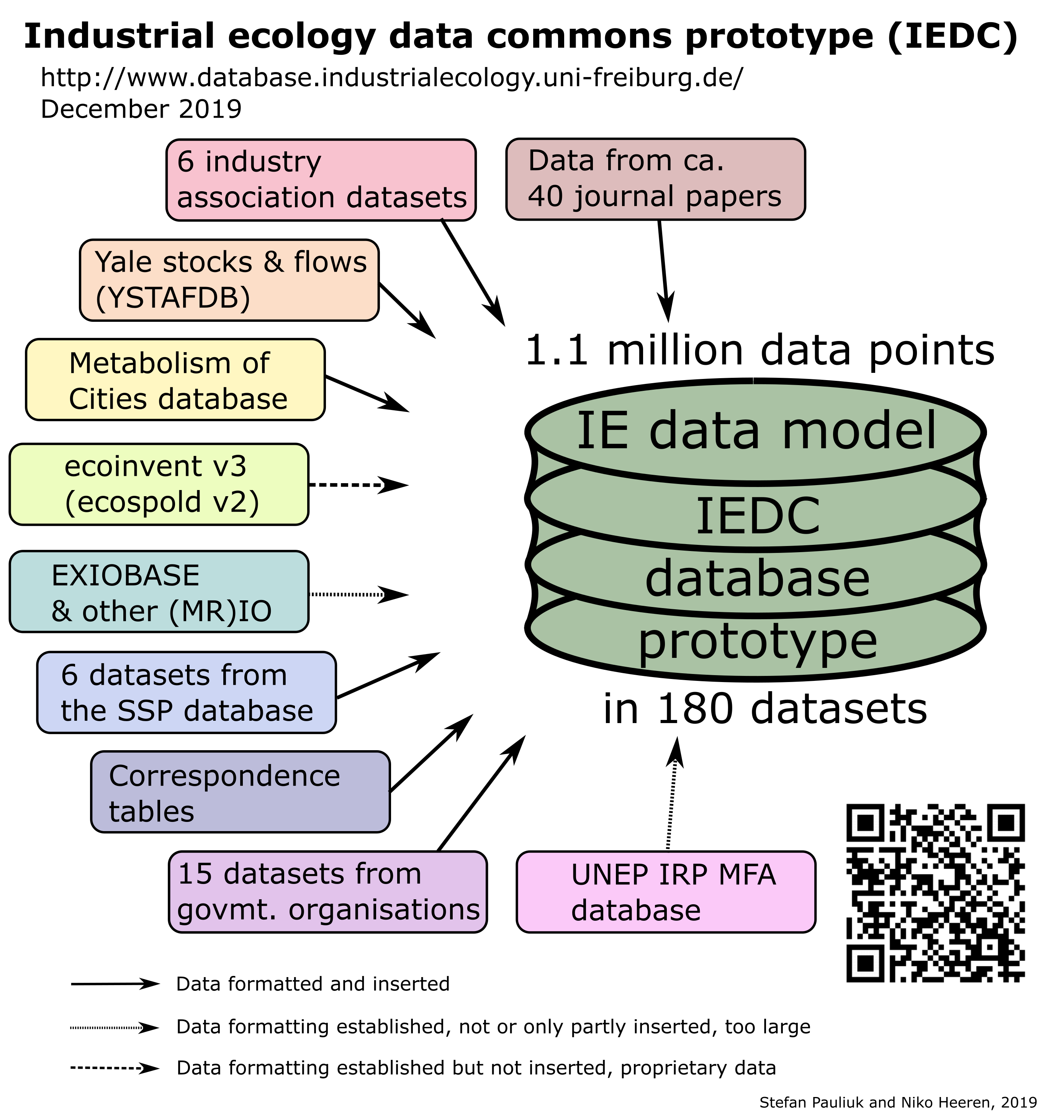
This database contains more than 180 IE-related datasets from the literature, including stocks, flows, process descriptions, IO tables, material composition of products, and many more. All data are structured according to a newly developed general data model for socioeconomic metabolism. We want to show how data storage and exchange in sustainability science could look like in the future and developed some of the building blocks of the required infrastructure. The database is open and documented in a public GitHub repository.
-
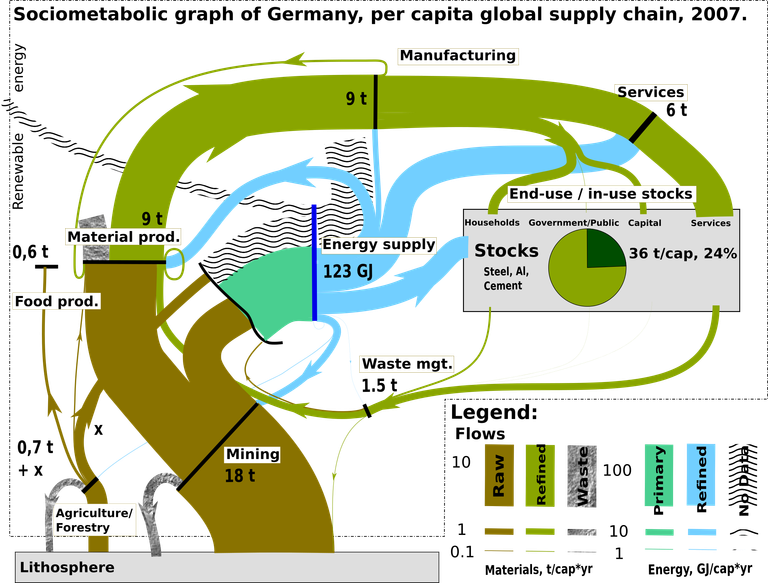
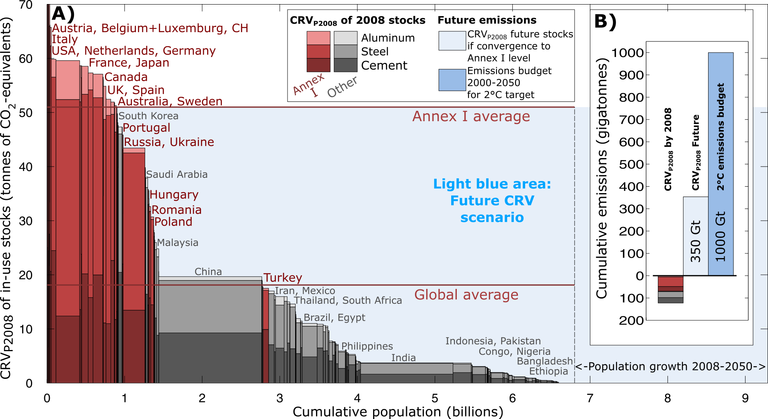
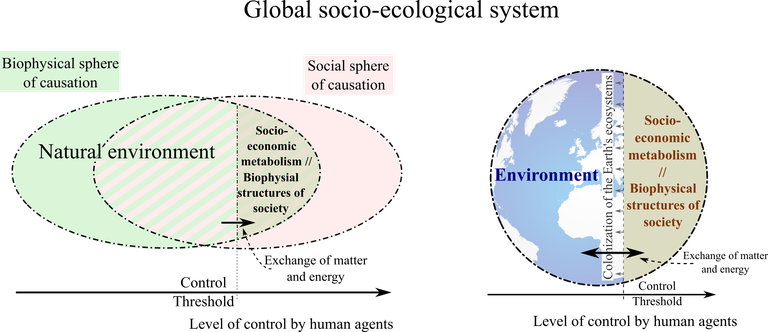
A sustainable society is the result of many different development strategies. These strategies include technical solutions like electric vehicles and renewable energies but also economic incentives, legal regulations, and changing social norms. Together, these strategies will transform society's biophysical basis to a more sustainable state. We help to design this transformation by estimating the maximal global emissions savings potential of specific strategies, by assessing their consequences on humans, industry, and nature, and by studying interactions between strategies. We model the biophysical basis of society as complex industrial ecosystem, focusing on industrial processes, especially those for metal production and refining, as the metal industries alone account for about one third of all industrial greenhouse gas emissions.
-
Basics of Material Flow Analysis & Dealing with Uncertainties - by Oliver Cencic
Open Material Flow Analysis with STAN - by Oliver Cenčič
Dynamic Material Flow Analysis with Python - by Stefan Pauliuk
Paper: Material Flow Analysis with Software STAN - by Oliver Cencic & Helmut Rechberger
-
The Polyculture Market Garden Study (2019)
The Polyculture Market Garden Study looks at the differences between growing annual vegetables and herbs in polycultures vs growing them in traditional blocks.
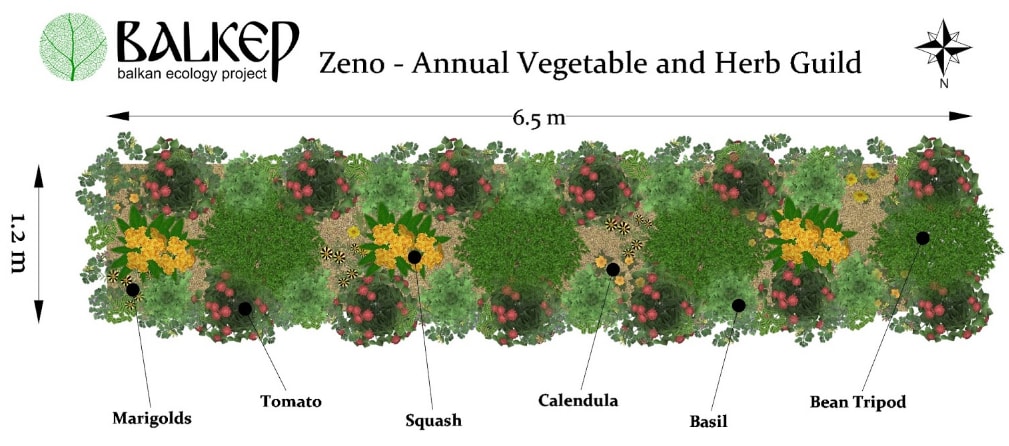
-
On the doorstep - by Kyla Fisher
"E-commerce packaging has already disrupted the materials recovery system, but the seismic shopping shift is still in its early stages. Here's how the recycling industry can start planning for more changes to be delivered soon."
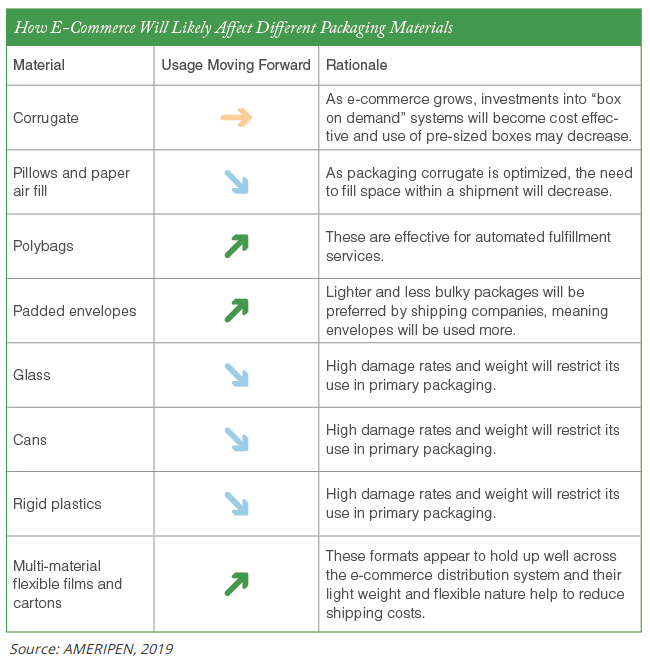
-
Italian Operational Group supports nomadic beekeepers with digital tool
Italian beekeeper Michele Valleri is working with the Operational Group 'NOMADI-app' to test sensors on beehives, that send data directly from the hive to a regional network of beekeepers: “Aside from diseases, parasites, pesticides and other stressors that affect bee health, we increasingly have to face the effects of climate change. Every technology that can help us keep our bees in good health can be really helpful.”
-
The Problem With Switching to Electric Cars (citylab)
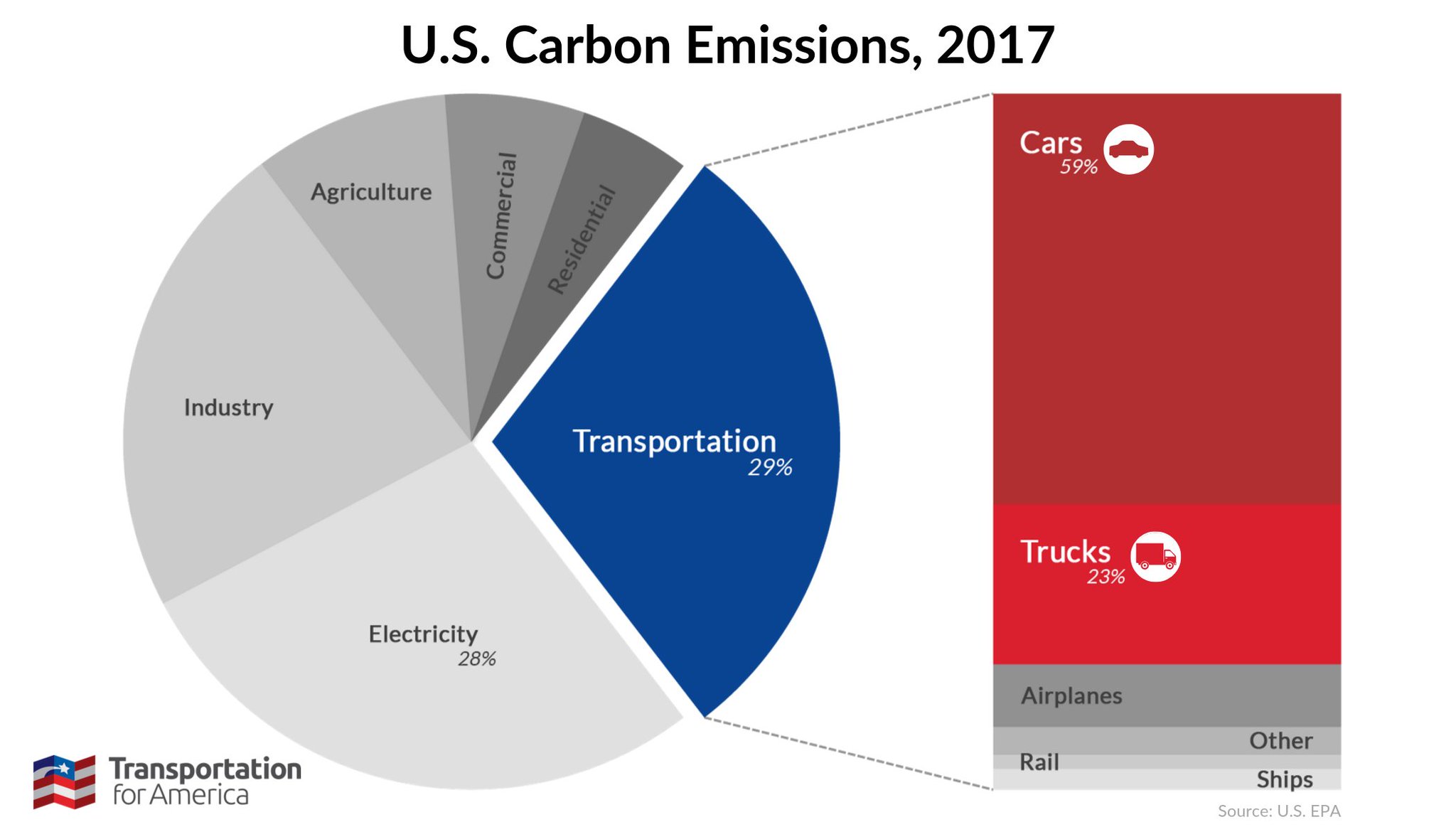
"Switching to EVs en masse could help bring down planet-killing carbon emissions. But Americans also need to drive less, right now. If Americans drive their electric cars anywhere near as much as they do with their current gas-guzzlers, it would cancel out the carbon reduction brought on by electrification."
-
"Disruptors: How Circular Start-ups Can Accelerate the Circular Economy Transition" - Whitepaper by Thomas Bauwens et.al, Utrecht University (2020)
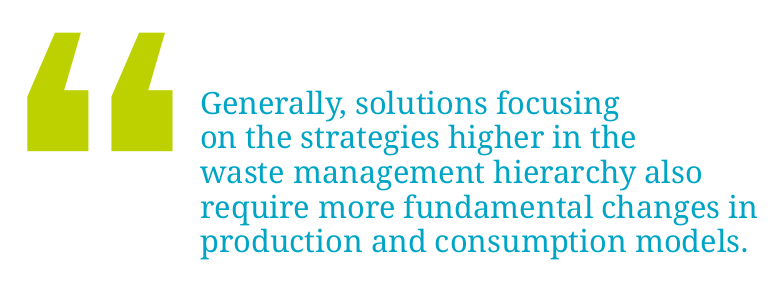
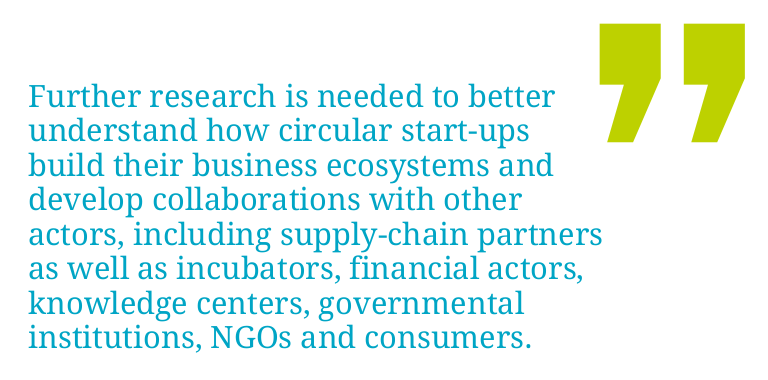
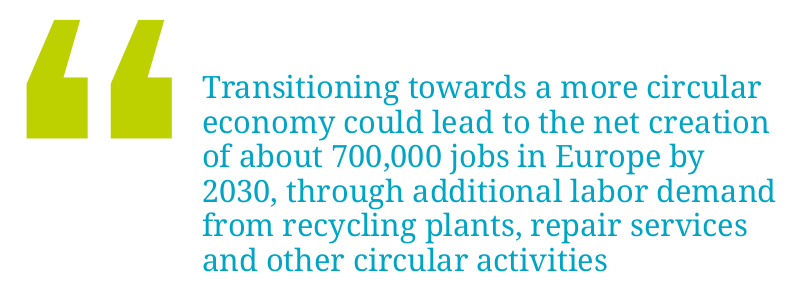
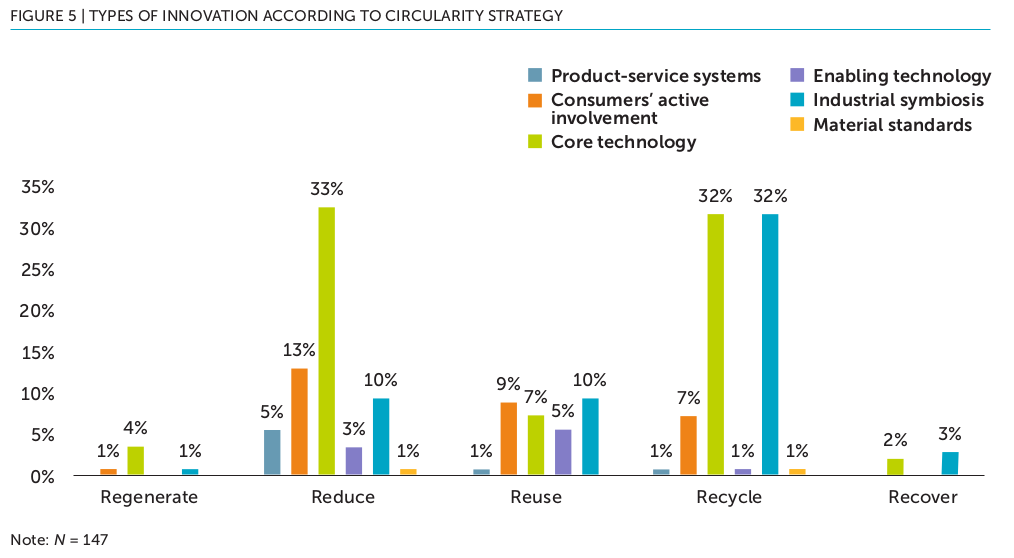
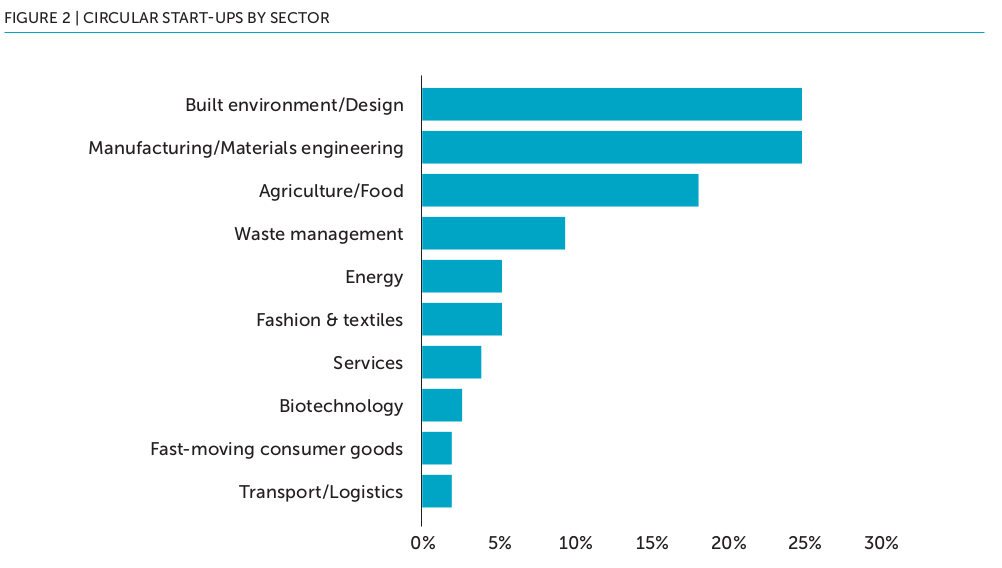
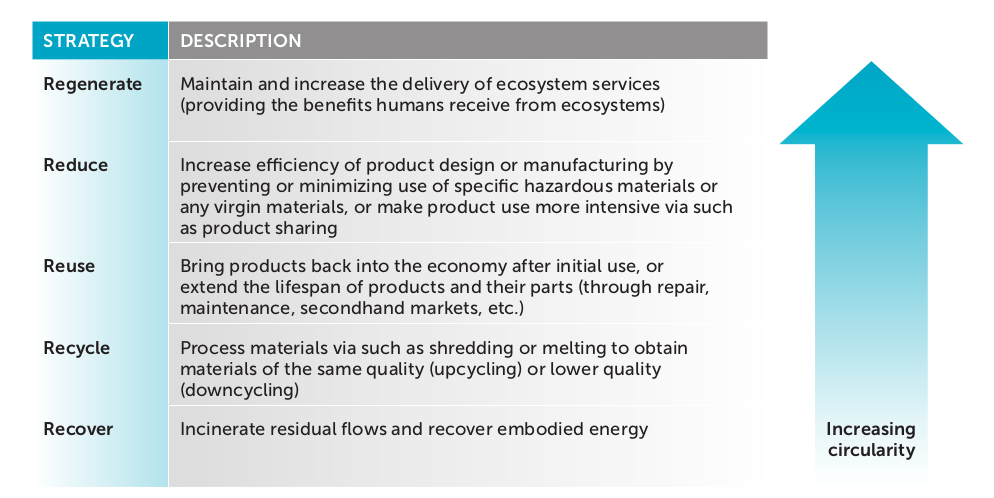
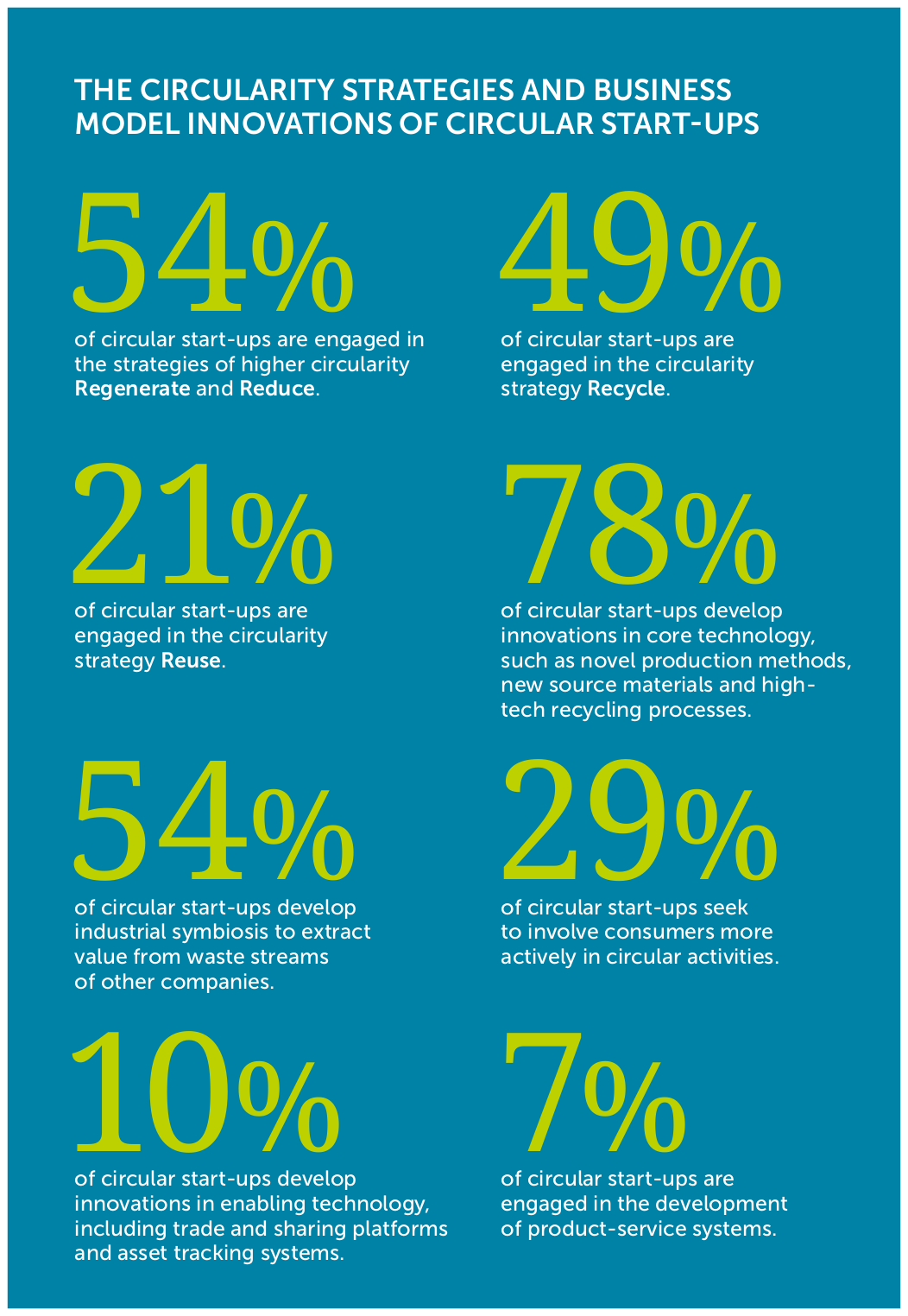
-
"The aim of this work is the sustainable multi-use management of fishery resources, to which we try to contribute via numerical modelling."
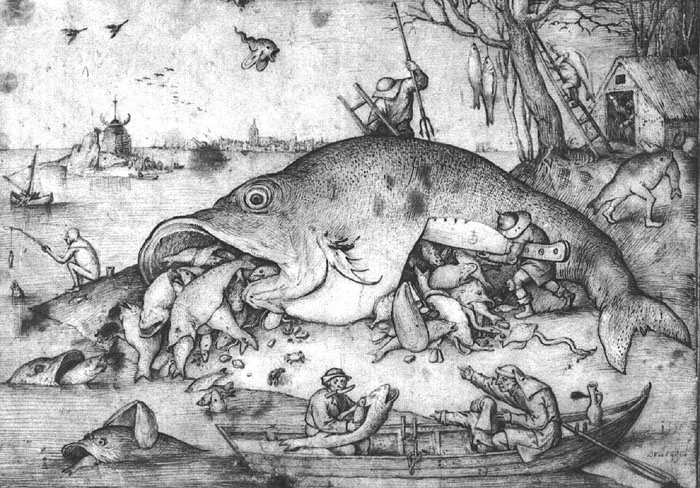
From site on "Ecological Modelling" - by Fabio Boschetti

